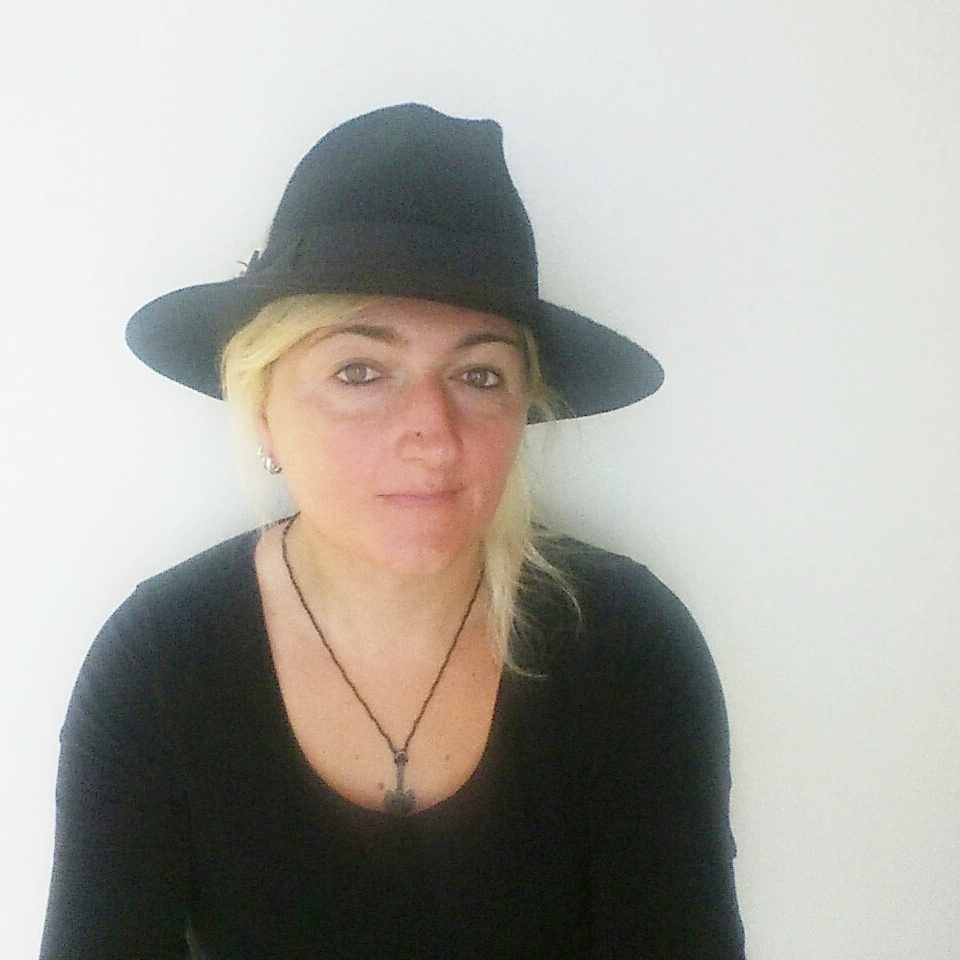
Our community members:
- are interested in learning, adopting, and/or advocating for open science practices
- receive and can contribute to a bi-monthly open science news (read past newsletters here)
- attend our community meet-ups and events, e.g. the Data Champions bi-annual meetings
- can start open science initiatives within TU Delft
If you would like to join the community, please fill in this sign up form - our community coordinator will be in touch within two weeks.
If you spot any errors on the list below or would like to update some information on your profile, please submit an issue or email the community coordinator
Aerospace Engineering (AE)
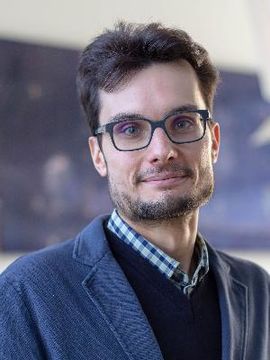
In applied sciences like engineering it is becoming increasingly essential to rely on large datasets to translate fundamental knowledge into models that can eventually be utilized by industry to drive innovation. I firmly believe that the availability of accessible data along with open-source software will play a major role to close the gap between academic research and actual industry practices. My involvement in the Data Champions initiative is aimed at bringing and sharing the perspective of a researcher deeply involved in the development and deployment of open-software to enable disruptive innovations in the propulsion and power sector.
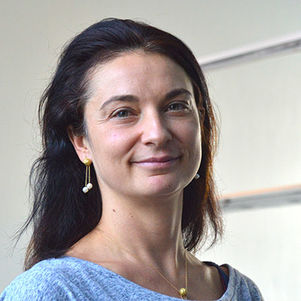
More about Alessandra Menicucci
My research has been since the very beginning centered around data analysis, in particular the search for rare decays in particle physics or signature of dark matter in cosmic rays spectra. I believe that data management and sharing is of paramount importance not only for scientific discoveries, but also for improving the quality and efficiency of our daily work as engineers and researchers. Space industry is traditionally very conservative and reluctant to data openness: spacecraft design and test data are kept behind closed doors very rarely made available to the community. In order to face the challenges that space exploration presents to us, we need to modify this attitude and I believe that a new generation of space engineers formed with a solid understanding of big data management can make this change possible.

The main reason is that I firmly believe in open science: sharing data, source code, and even hardware designs, allows others to reproduce your scientific experiments and findings with much less effort. Other researchers can then easily compare their work with yours, or build upon your work, so that together we can make much quicker progress. As a side-effect, it increases the impact of your work, both in terms of scientific citations and in terms of use by industry. Finally, providing open access to data and source code forces you to put in an additional effort in making it comprehensible and easy to use. This is not only useful to others, but also to yourself when you have to reuse it at a later date.
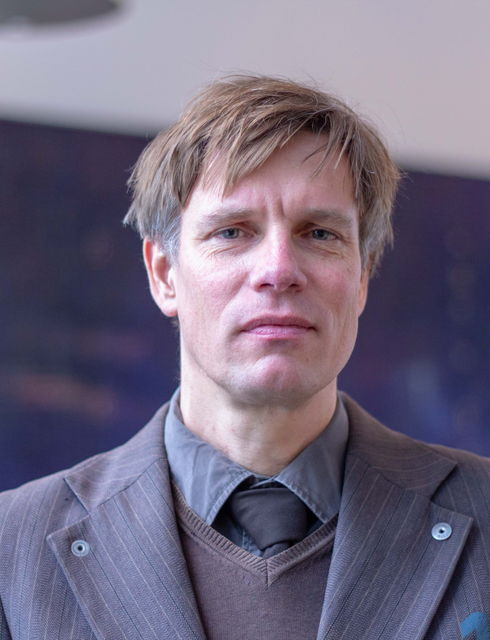
I have worked for many years in the field of computational fluid dynamics, where good code and data management is crucial, and where sharing of data (for example, for benchmarking different solvers) has a long tradition. In my view, data sharing is an important extension of the concept of scientific peer review, enabling peers to retrace analyses and build on them. Without having access to the original data and source code this is generally very difficult or not possible at all. In my recent work on airborne wind energy, an emerging renewable energy technology, I have also learned that the quality of the data has a large impact on its reusability. We scientists tend to focus on the things that are of highest interest at the moment when we conduct an experiment or a computational simulation. We often neglect to record or store data that is not of immediate interest but that can potentially become interesting or very important later. I have realized this, for example, when working on a project supported by the Data Refinement Fund of the 4TU Centre for Research Data. In this project we assembled the data recordings and associated photo and video footage of five years of flight testing with our pioneering 20 Kilowatt kite power system, with the objective of making this data available to the broader research community. While it was relatively straightforward to compile the original data recordings, it was a painstaking detective work and not always possible to retrace and properly identify data that was not recorded but only written down in log files, or documented by the photo and video footage. However, it was important for anyone who wants to reuse the data. A good data management strategy would have helped address these issues. But luckily we have learned from these experiences. Proactive sharing of high quality research data is an important ingredient of an efficient networked R&D road map. Especially for emerging technologies a good management & sharing strategy can really make a difference and contribute to a rapid advancement of the research agenda. For example, data sharing can enable researchers of different research teams to cross-validate their modeling frameworks and thus more rapidly improve the quality of the models. I am convinced that industry will ultimately benefit from such high quality modeling tools. From 2015 until 2018 I have coordinated the EU Horizon 2020 doctoral training network AWESCO, with a total of 16 PhD researchers at 12 European partner institutions, and as part of this project we had to develop, step-by-step a data management and sharing strategy. Since the project included not only academic partners but also industry, the sharing aspect especially was not an easy task. But we managed and successfully concluded the project with several collaborative research streams that produced and still continue to produce important results for the commercial development teams. As a data champion I would like to share my experiences with my fellow researchers.
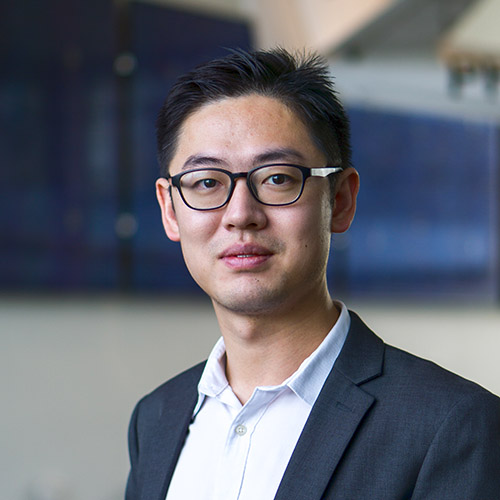
I believe that proper data management is the foundation of sustainable research in my area where we often have to pass on complicated codes from one researcher to another.
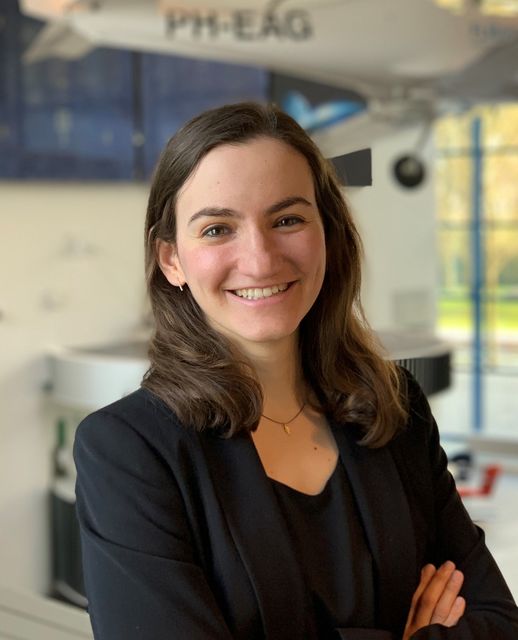
Stronger collaboration and greater efficacy of research effort are my key motivations for data management and sharing. Good data management and code version control and distribution practices are crucial elements for collaborative, open-source, and reproducible research. Such practices also increase the efficiency of a research group, help organize institutional knowledge, and make transition of work much smoother.
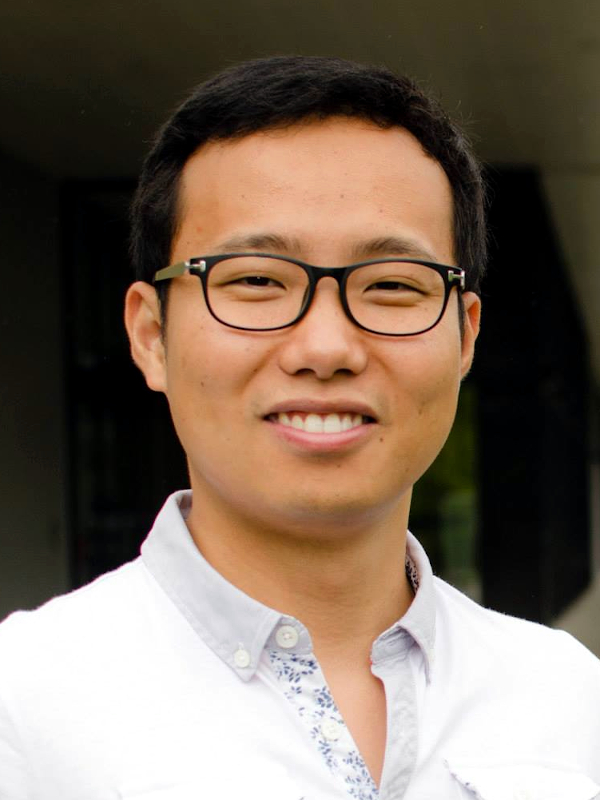
Data reflects the past; science hints at the future. Just as a hidden history never leads to a brighter future, better science has to be built upon open data. This is why I am interested in contributing to our open science effort at TU Delft, especially in the areas of advocating the use of open-source tools and platforms, promoting efficient data management approache, and encouraging the openness of scientific data and outputs.
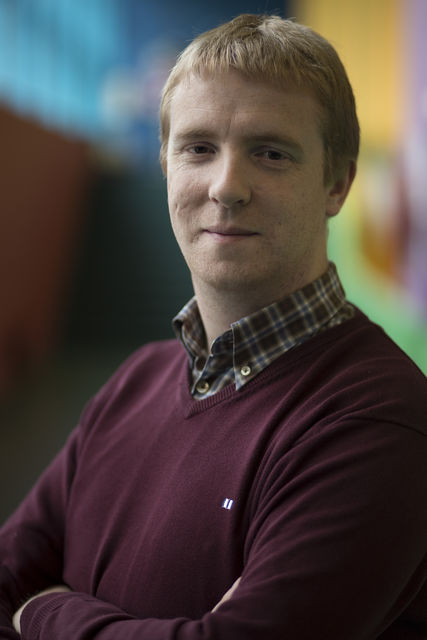
It is important that we work as transparent as possible for two main reasons. First of all, to demonstrate our scientific integrity by showing that the claims we make and conclusions we draw are indeed backed up by the proper data. Secondly, to share these data to help other researchers and to create new contacts and collaborations. I want to encourage and convince all people that sharing and preserving data is not a burden, but that it creates new opportunities.
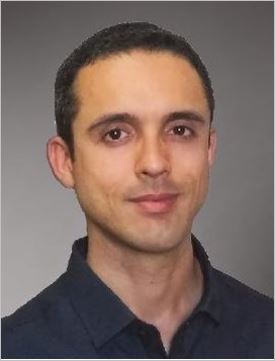
More about Saullo Giovani Pereira Castro
I believe my experience with scientific software development would contribute to the team.
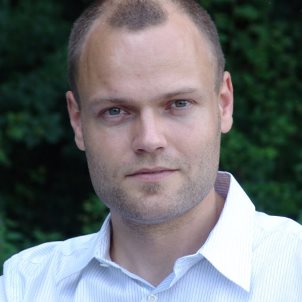
My primary research tools for investigating physical problems are numerical modeling and high-resolution simulation on massively parallel supercomputers. My students produce huge amounts of raw and post-processed data through high-performance computing, which is not only challenging from the technical point of view but also from the data management perspective around the daily handling and long-term storage of very valuable scientific datasets. I believe that effective and efficient data management practices and responsible data sharing are very important for my research field.
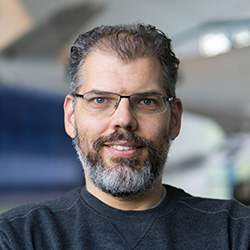
The pace at which science and research advances at this current moment outpaces the traditional means of disseminating knowledge through journal articles. I feel that through pursuing a more open approach to sharing and disseminating your research, even while it is ongoing, will enable it to keep relevant and impactful.
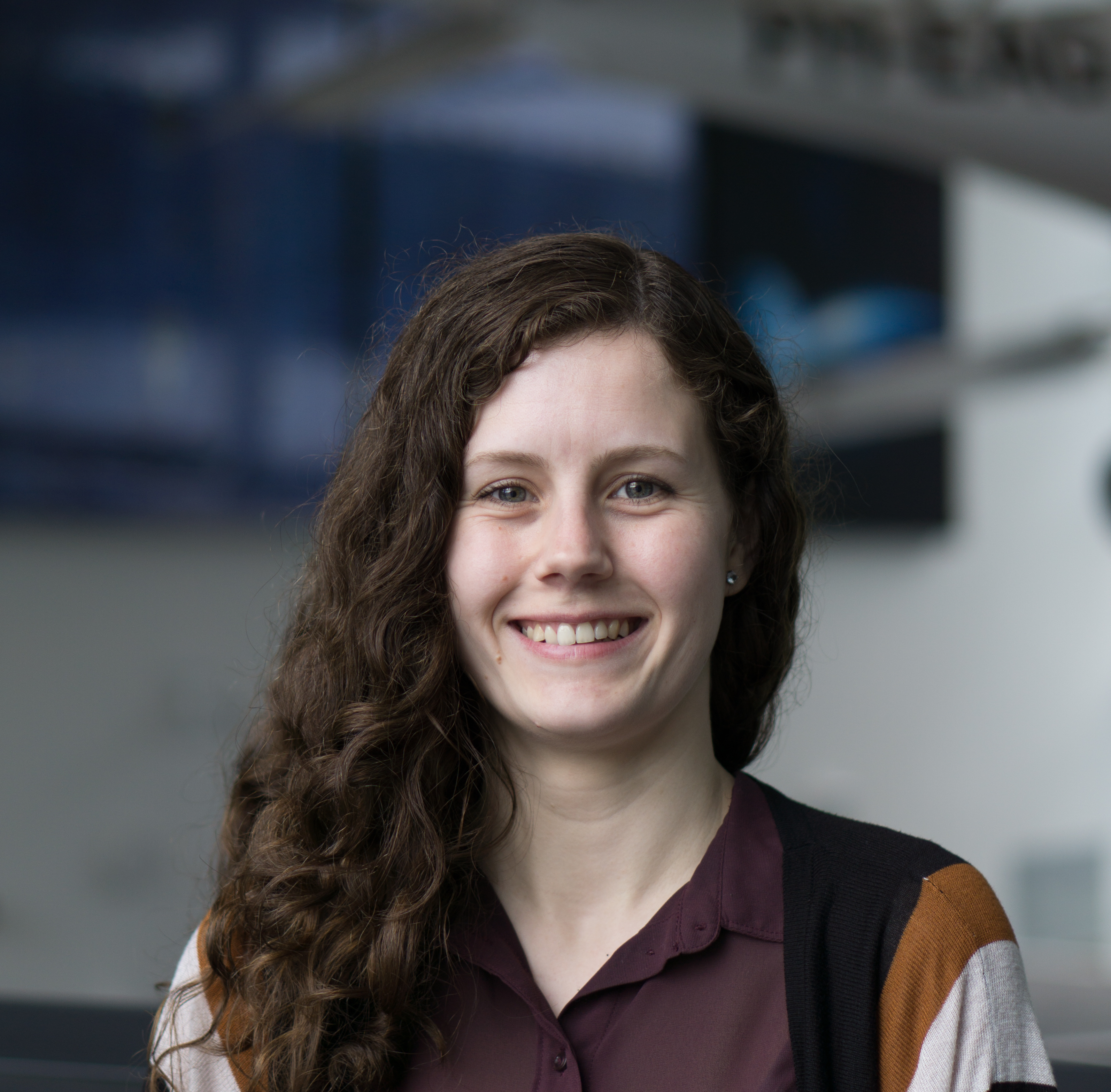
I’m motivated to create an open science framework creates opportunities by removing restrictions on access, thereby leading to rapid knowledge sharing around the world. At the same time, it allows for increased transparency, quality, and reproducibility, as well as more chances for extended collaborations.
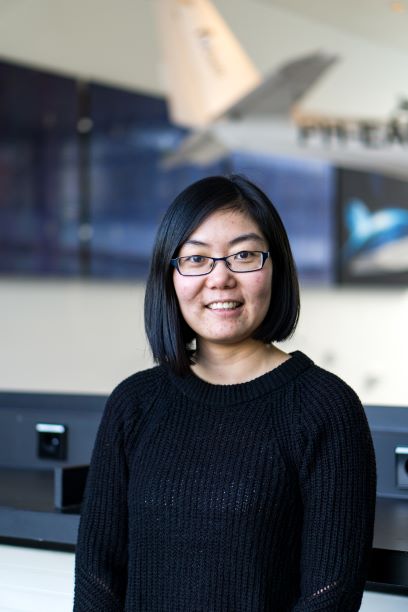
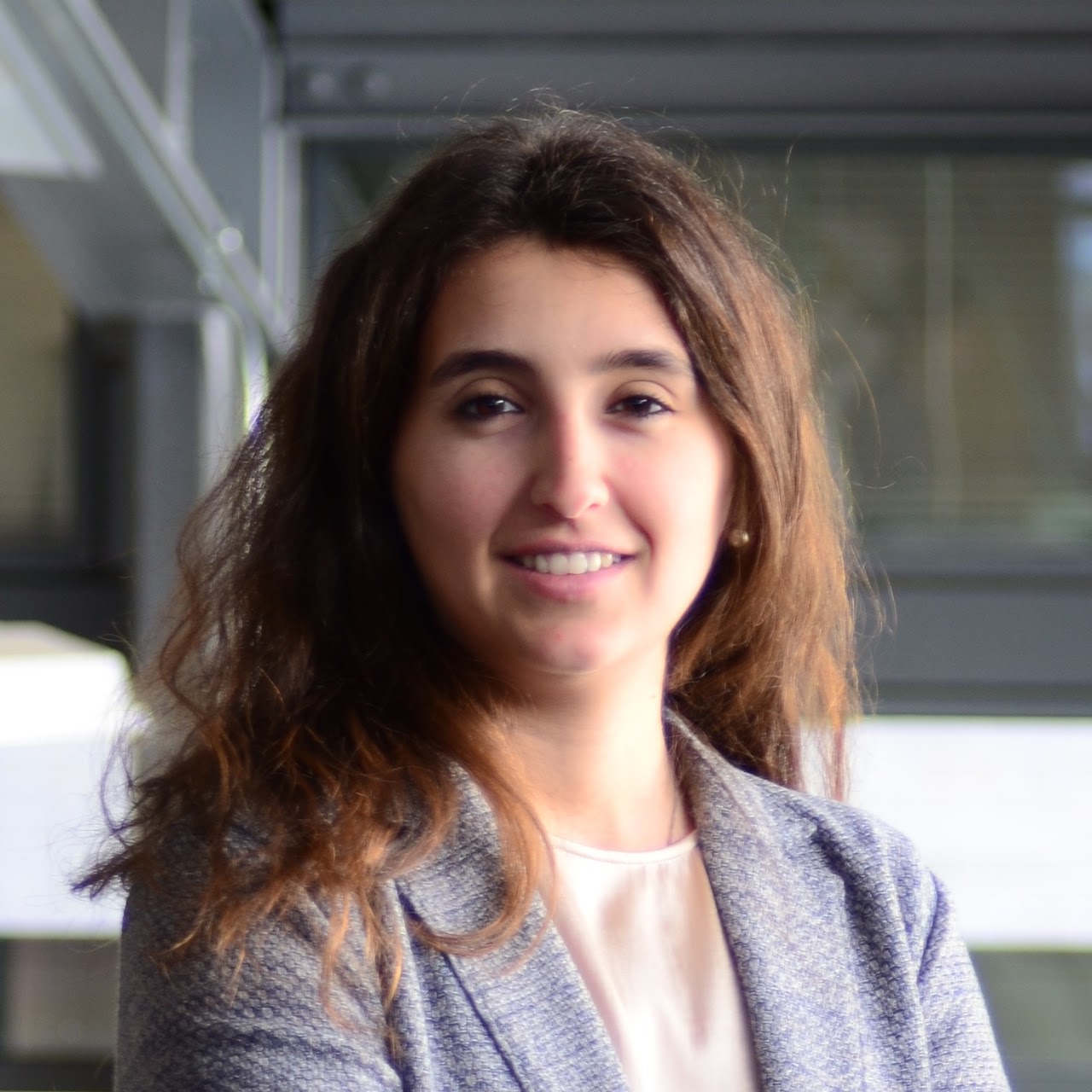
I am passionate with coding and open-source software

I believe being open and sharing will accelerate science and is the right way to work.
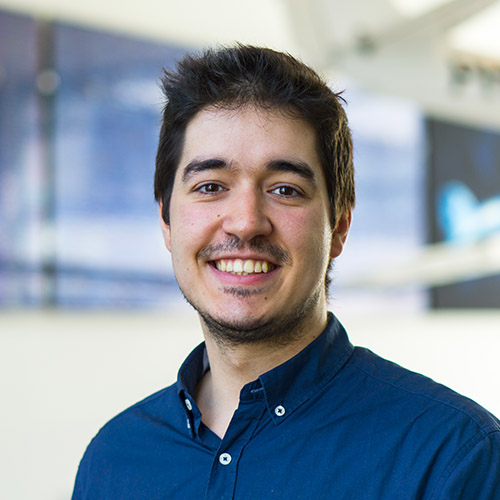
More about Roberto Merino-Martinez
I strongly believe that open science is the future and that we should all work towards it to enable collaborations, avoid unnecessary redundancies, and, overall, provide progress in science.
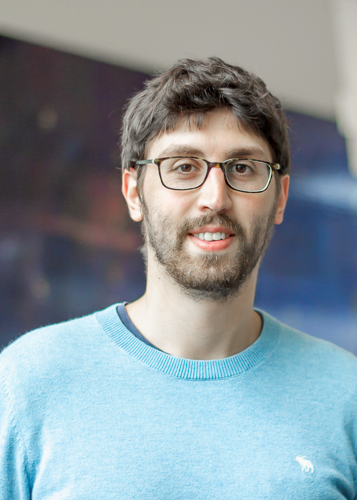
More about Alessandro Bombelli
I am particularly interested in developing more open source tools for educational purposes, such as tutorial, crash courses, and even online/print-and-play board games n the context of operations research and network science
Applied Sciences (AS)
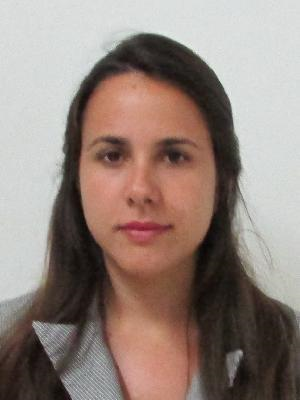
More about Leila Iñigo de la Cruz
In order to pursue excellence in science , we (the scientists) should be able to communicate/collaborate/work freely among us and the tools we use should not hinder that process. I am motivated to work in a way that allows others to easily collaborate with me, and viceversa. I think this could be a way to validate my workflow with other scientists and to get to know people that strive for excellence in science, in terms of openness, transparency and collaboration.
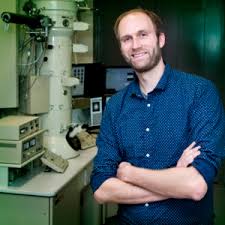
As a scientist I believe it is a vital professional responsibility to establish suitable schemes for data (and code) archiving. As a method developer, I have a strong interest in Open Data and as an experimentalist I am aware of the challenges and concerns that may come with sharing data. I would like to contribute to open data policies at TU Delft to foster a culture of data sharing in my department, my research community and beyond. I believe that by actively engaging in these discussions with the TU Delft data stewards and other TU Delft researchers, I can contribute my own experience, learn from the best practices and the concerns of others and, together, translate this into workable solutions for my own community and my department.
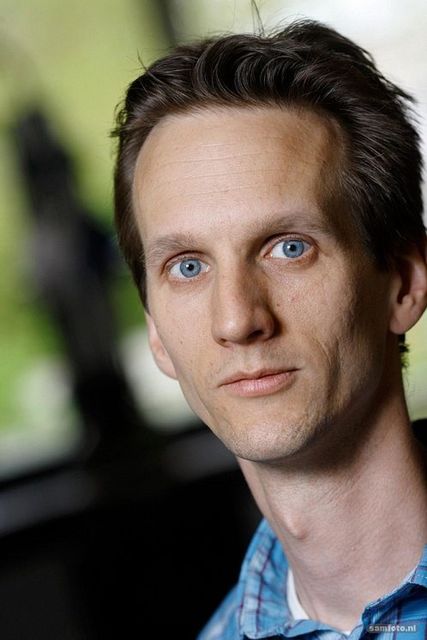
In microscopy, we generate many images that help us draw conclusions we present in papers, but that can also contain data that is interesting for others, including researchers that do not have access to the high end machines we use. Often, a user-selected snapshot makes it into the paper while the context of the full datasets is lost. Making these full datasets publicly available can thus accelerate science, as they can be used by a wider group of scientists including those in places or countries where equipment is not available. Also, open data can be very useful for educational purposes, I am also using online biomedical data that we cannot generate here in Delft in one of my courses. I would like to share experiences with others and see what we can learn from each other. We are generating very big datasets that present a lot of challenges for making it publicly available, both in size, but also, e.g. metadata. Others can learn from what we are doing, and I would like to learn from the approaches others have been taking. I would also like to discuss questions like what data (raw, annotated, analyzed) should be made public? How should one be credited if someone else uses the data?I would also like to discuss examples of how we use open data in our lectures and assignments for students.
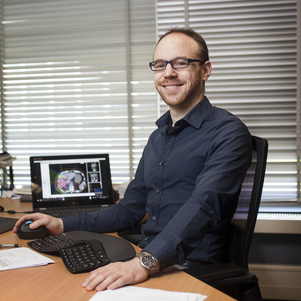
For increasing the clarity and reproducibility of modern research, best practices in data management, software development and collaboration are crucial. Since in my own research I am always keen on finding better ways and new gadgets for organizing my data, streamlining processes and keeping records, the data championship seems like an ideal opportunity. I hope I will be able to help other researchers using smart tools to solve their data management, version control and backup issues, as well as improve my own knowledge further.
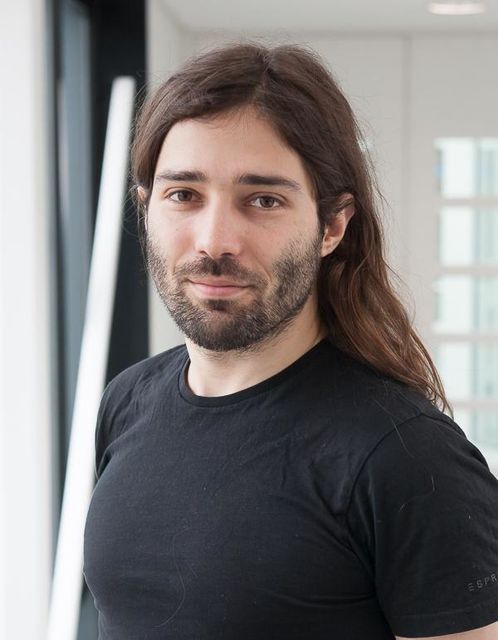
More about Dr. A.R. (Anton) Akhmerov
I view the research data publication one of the most urgent and important improvements that my community needs to implement and follow. Good data management and sharing improves research quality and speed and increases research reliability and reproducibility. I also hope to improve my awareness about the needs of different researchers within my community and learn about the best practices in data management and publication from other communities.
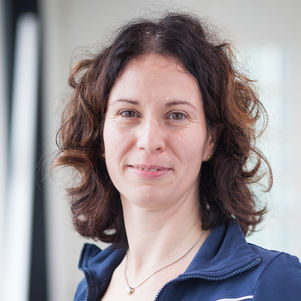
I am a keen advocate of open science, and having good data management practices (so that data is easily searchable, and is available in formats that do not require the use of proprietary tools) is an important aspect of open science. I would like to show a good example to my colleagues in data management
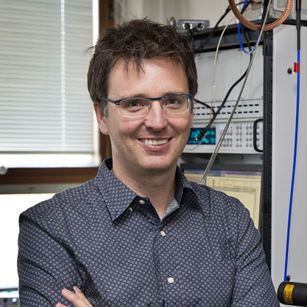
Improving the quality of science in my own group and improving the quality and speed of evolution of science in my community. In the SteeleLab, we are committed to open science.
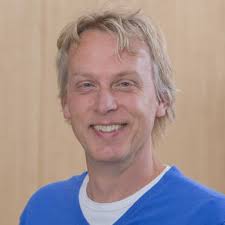
More about Marcel van den Broek
Sequencing genomes generates a lot of data and after processing and analysing you end up with even more data. Managing and sharing is an important part of doing research.

I am mostly interested in the inevitable digitalisation of research, which most likely includes the use of ELN’s. I like to discuss new developments

I would like to contribute to a more equitable way of knowledge generation and facilitate others in working more transparently.

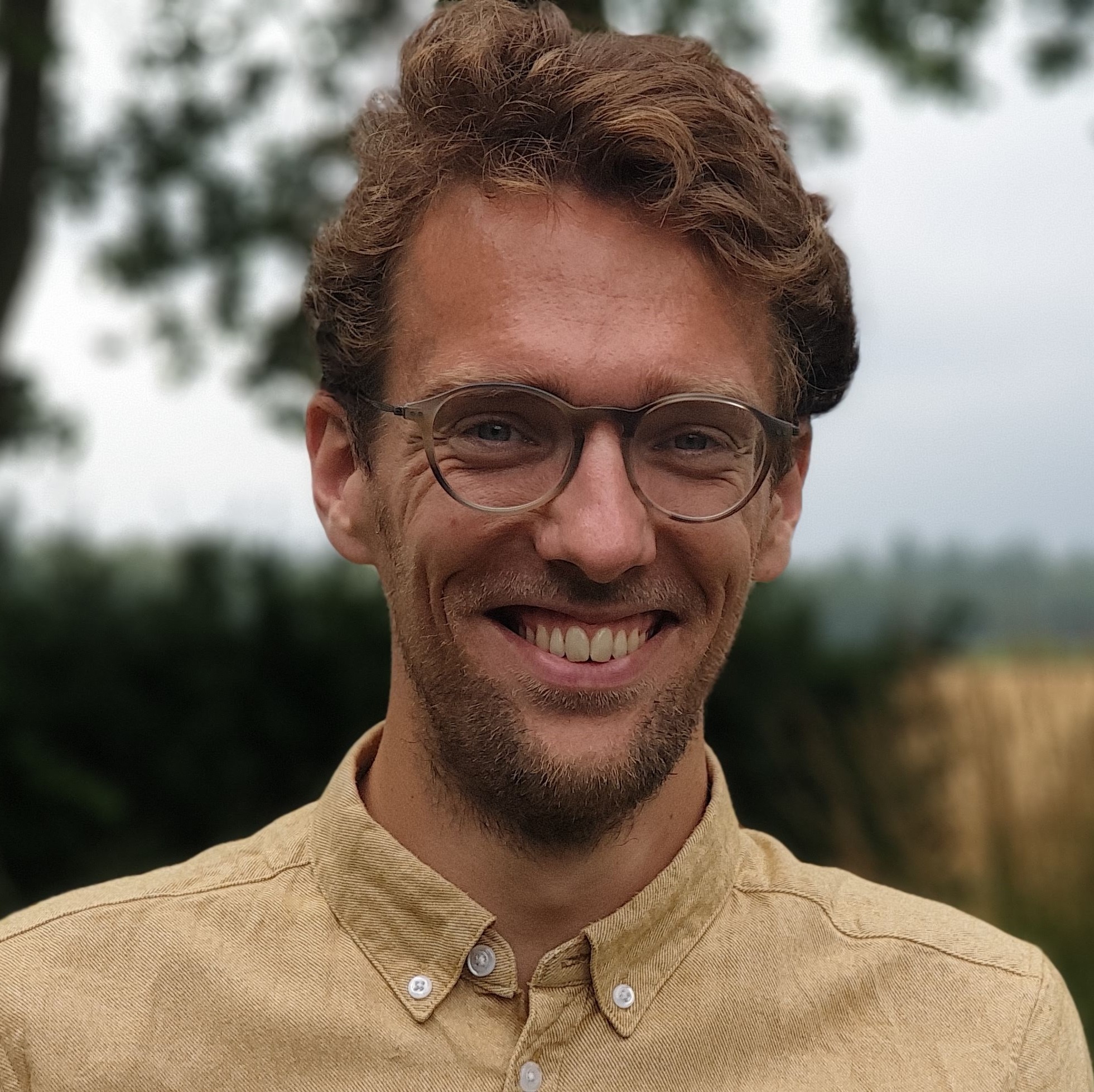
I believe that sharing code, data and the analysis is just as vital as sharing the findings in a paper to make sure that real progress is made. In practice this is not that easy, so I am still learning!
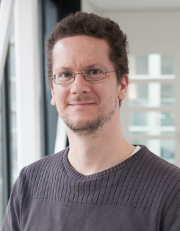
_Giacomo%20Bizinoto%20Fer.jpg?raw=true)
More about Giacomo Bizinoto Ferreira Bosco
I am motivated to join the open science community to give my small contribution into helping promote independent verification of scientific results and, hopefully accelerate discovery and innovation.
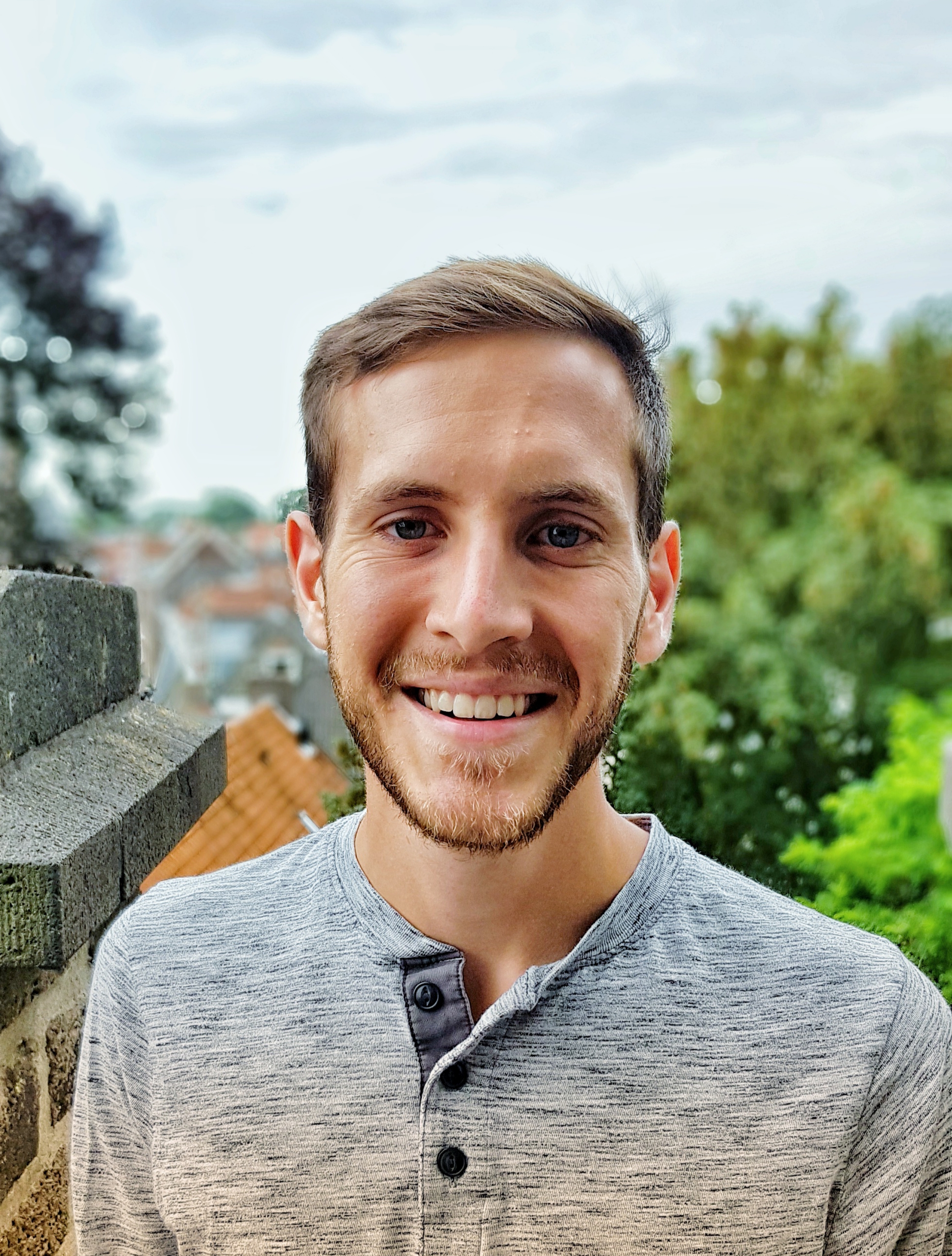
I feel that I have benefitted immensely from open science and open source communities in the past, allowing me to flexibly learn as a student and grow as a scientist. So I will gladly jump at opportunities to give back.
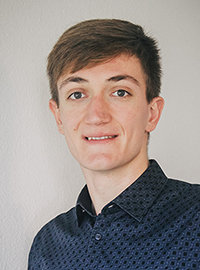
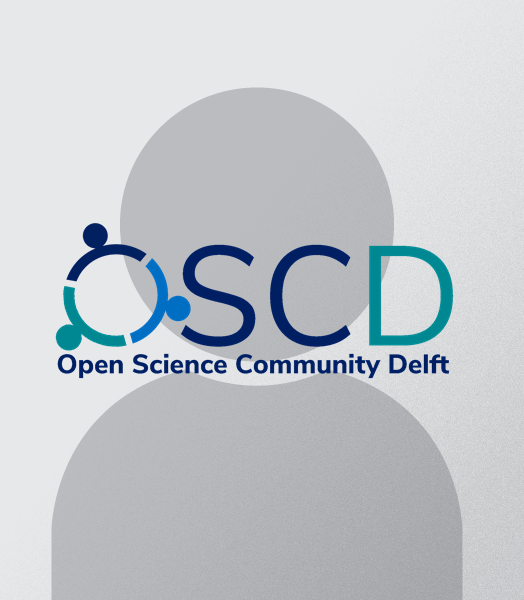
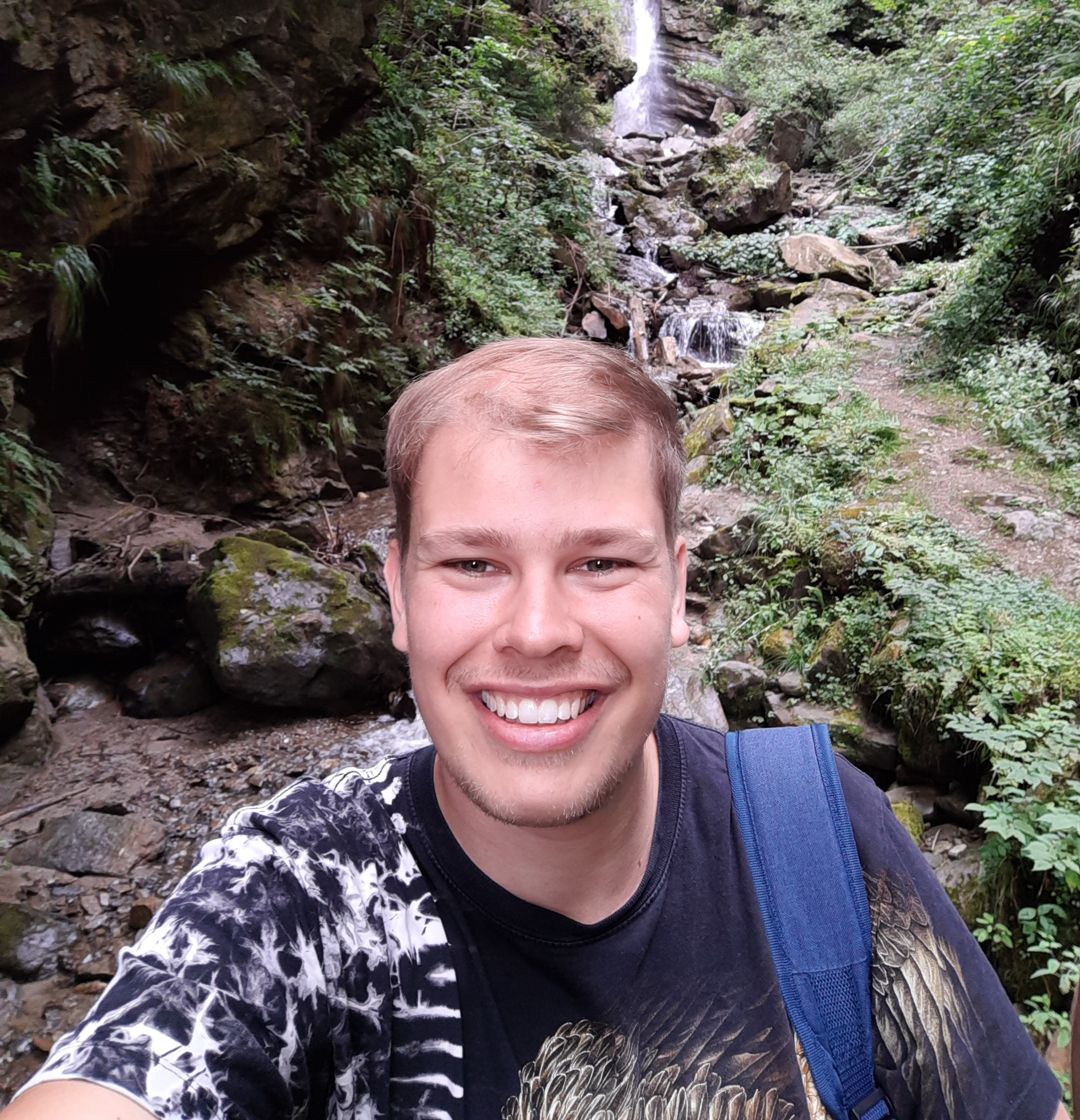
I am currently following a course on open life science, and I want to apply OS practices in my own research and projects

I would like to join the open science community because lowering cost, increasing accessibility and increasing the rate of progress is very exiting for me.

I would like to join the open science community because sharing knowledge and accessibility of scientific insights are the supporting pillars of science. Sharing data and insights does not only help us innovate faster, it makes the entire scientific method more reliable and efficient. Research can be more thoroughly checked by independent researchers and the chance of duplicate research decreases. All in all, I think open science is the best way forward for science and society.
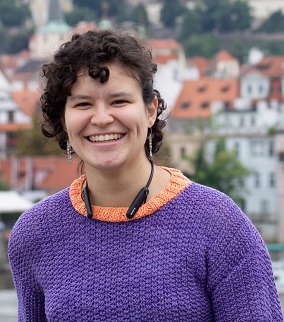
I want to improve my practices so my research is more inclusive and available to others.
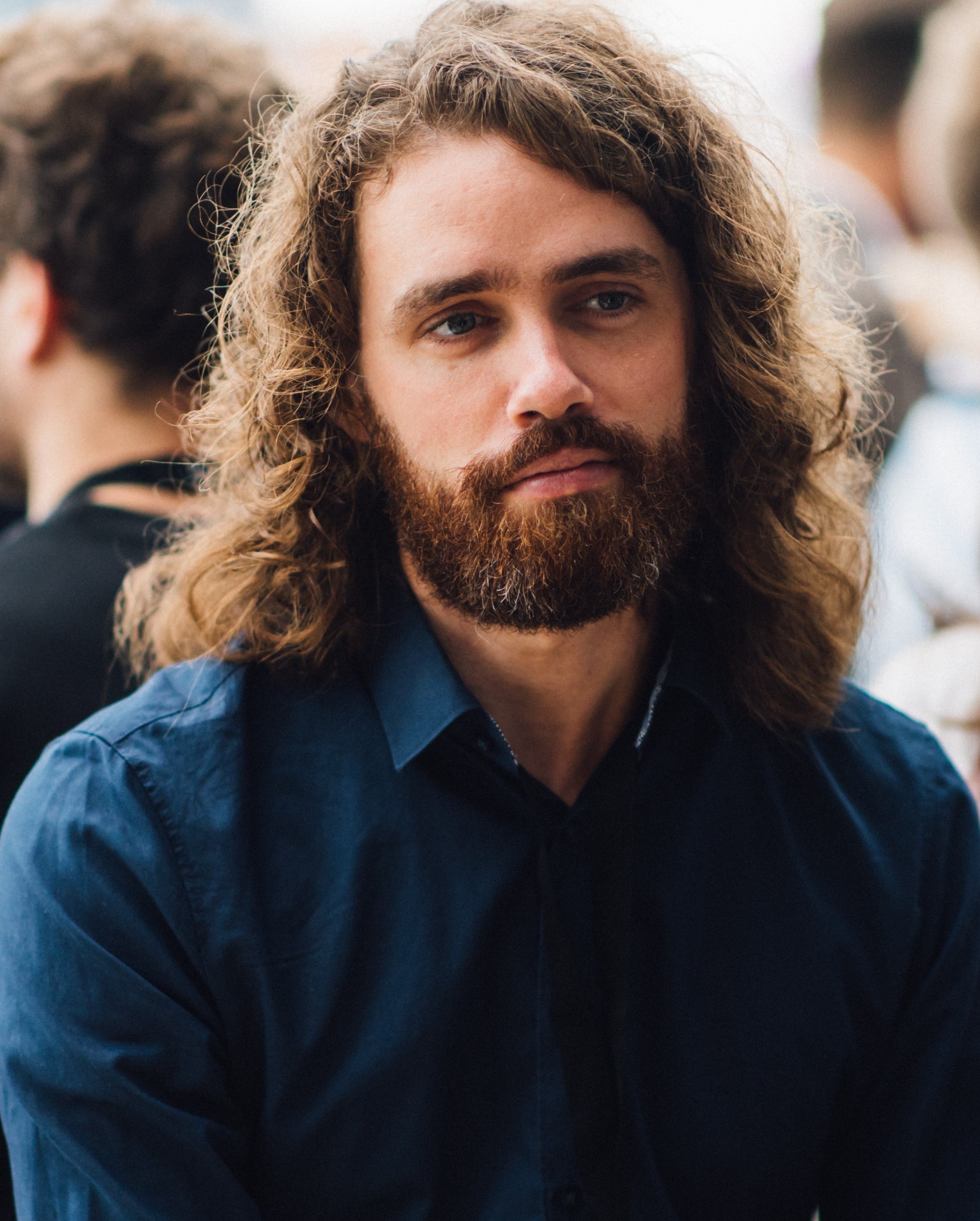
I think knowledge should be gathered for the benefit of society as a whole. Paywalls are detrimental to that. On top of that, good science can be reproduced, for which access to source code and data is essential.
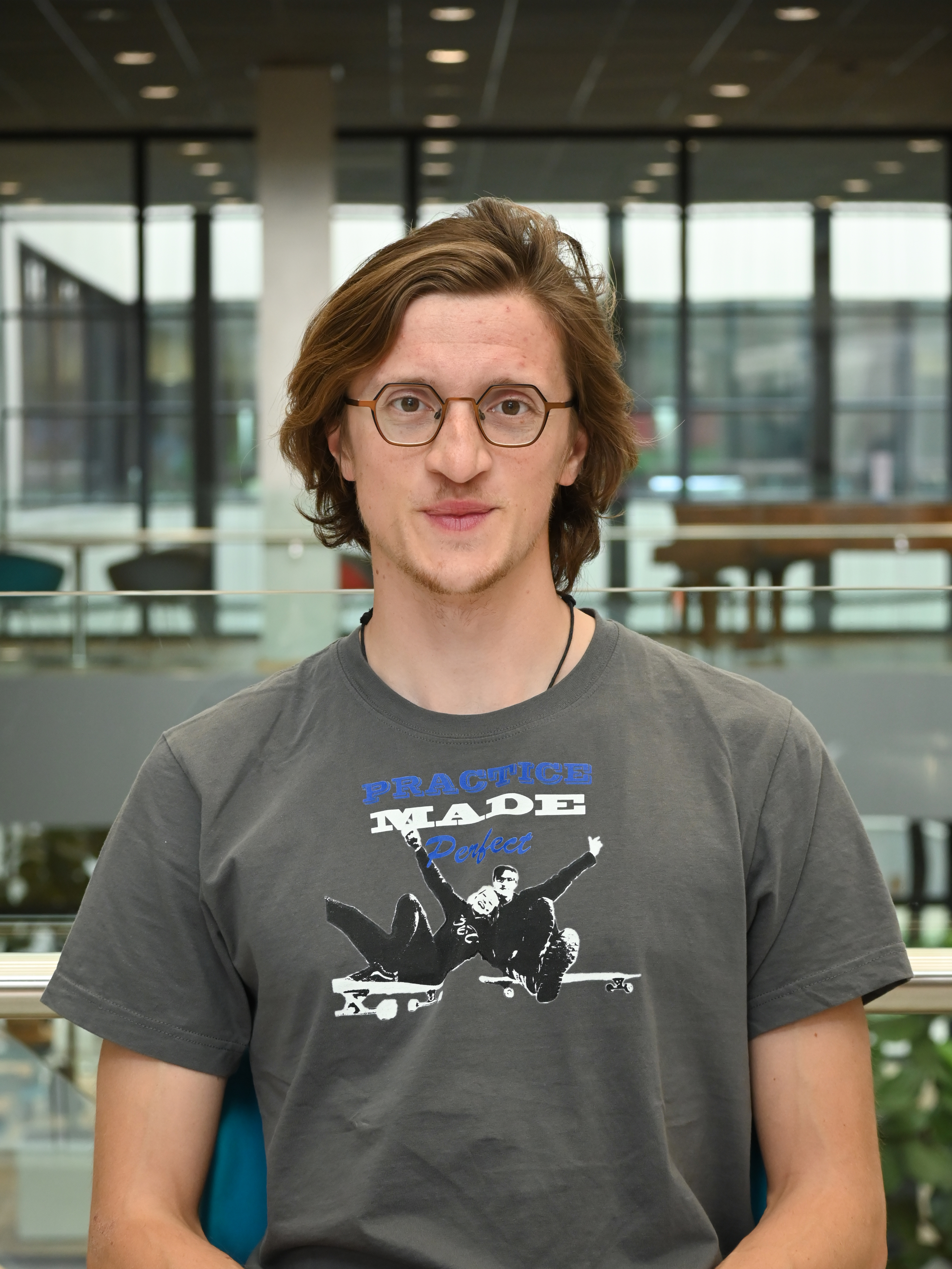
Building an open community, encouraging diy-nature of participants, providing platform where they can learn more about specific scientific field by doing (in my case this is synthetic and molecular biology)


I want to promote the medical data sharing worldwide.
Architecture and the Built Environment (ABE)
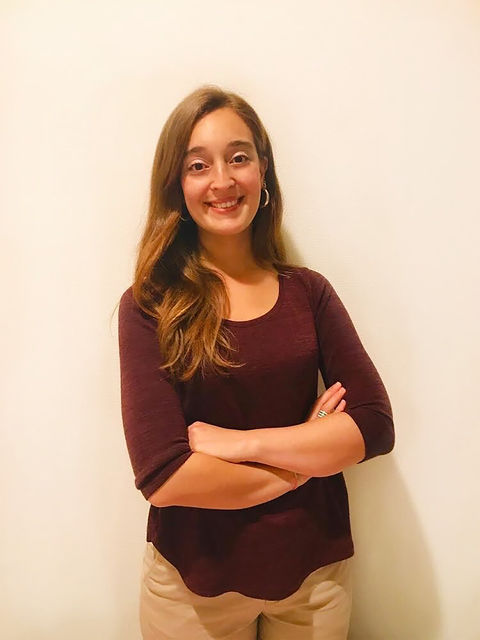
More about Valentina A. Cortés Urra
I would like to be a Data Champion to help my fellow PhDs and colleagues to develop good data management practices. In addition, part of my motivation is to learn how to use new tools, broaden my network, participate in workshops and join the community to attend meetings and conferences from different departments and faculties: meet new people, who are interested in collecting, working, analysing and sharing data with other peers. One of my greatest motivations is to learn and promote good data management (RDM) and sharing practices, both at the local level at TU Delft and on an international level.
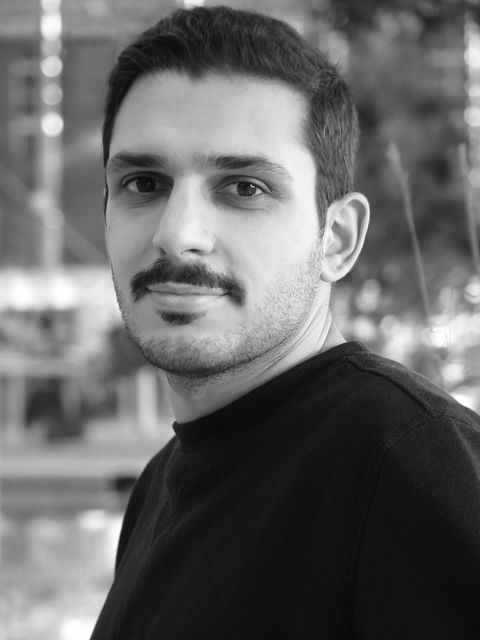
I work with large text databases and I have crawled as a part of my PhD a valuable database of news archives about cities. I would like to make my efforts more visible and share my experience with others. I believe that joining the community would allow me to expand my network and learn more through interaction with more people who are interested in working with data and the relevant tools for its collection, storing and analysis.
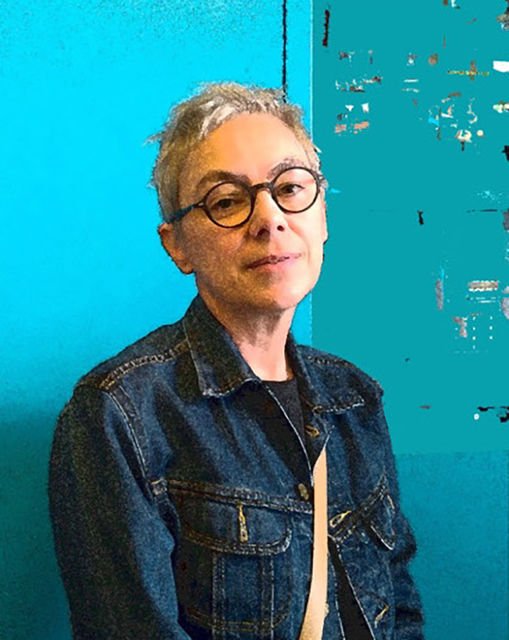
In the field of computational design and robotics in architecture, good code and data management are crucial and sharing of data for advancing ideas is necessary. Data sharing is also an important tool for scientific peer review, enabling peers to retrace analyses and eventually build on them. Without having access to the original data and source code this is generally very difficult or not possible. Furthermore, the quality of the data has a big impact on reusability. Assembling data recordings and associated photos and videos of the design to robotic production system, with the objective of making this data available to the broader research community is main motivation for data management and sharing. </p> <p class="bodytext">Proactive sharing of high-quality research data is an important aspect of a networked R&D approach. Especially for emerging technologies, a good management and sharing strategy can really make a difference and contribute to a rapid advancement of the research. For example, data sharing can enable researchers of different research teams to cross-validate their modeling frameworks and thus more rapidly improve the quality of the models. The industry will also benefit from high-quality models. As a data champion I would like to share my experiences with fellow researchers and potential R&D contributors.
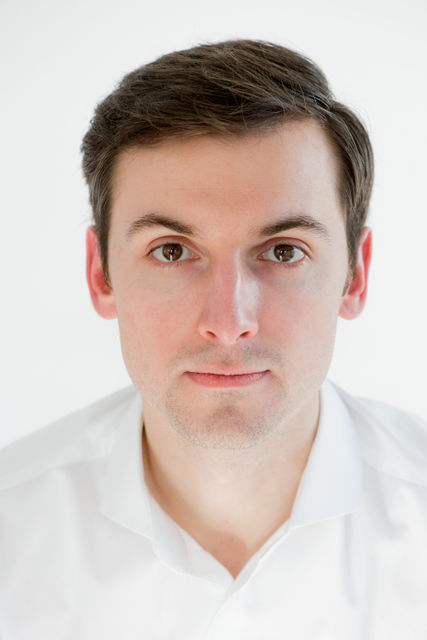
Before geomatics, I worked as a landscape architect and a large part of my social network consists of environmental planners and designers. Therefore I know how much effort is wasted every day, due to the lack of, or inefficient data management. I believe this could be improved.
Furthermore, we do valuable work in our group that enables applications in the environmental planning and design practice. Not sharing it would be a waste.
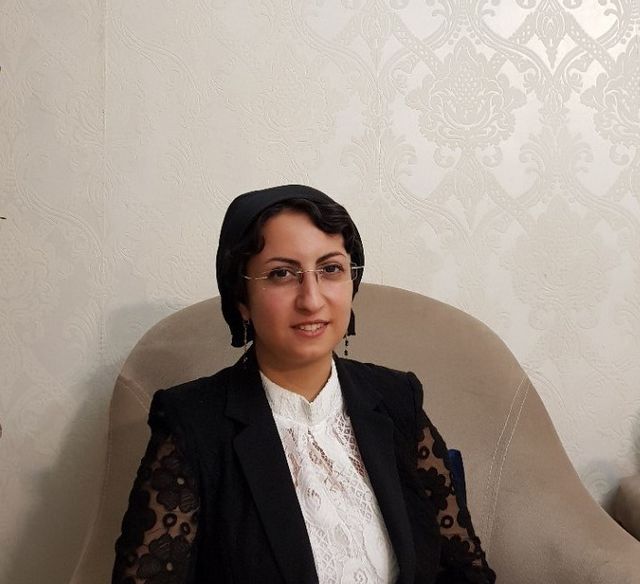
Where the urban energy transition is concerned, both the availability, quality and ownership of supporting (geo)data vary wildly across Europe and the world. My interests are in finding the right balance between security, safety and privacy on the one side, and usability and transparency on the other. There are a few basic tenets that apply to everything related to data, I can provide some common sense in figuring out workable solutions and practices.
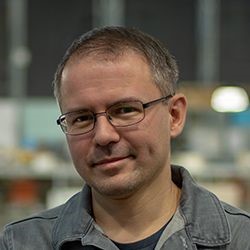
Where the urban energy transition is concerned, both the availability, quality and ownership of supporting (geo)data vary wildly across Europe and the world. My interests are in finding the right balance between security, safety and privacy on the one side, and usability and transparency on the other. There are a few basic tenets that apply to everything related to data, I can provide some common sense in figuring out workable solutions and practices.
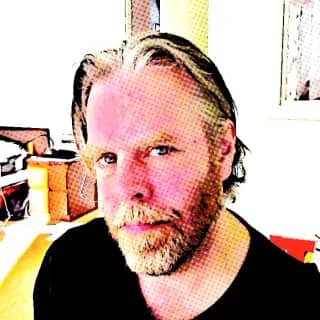
More about Franklin van der Hoeven
Knowledge is power and power should be shared
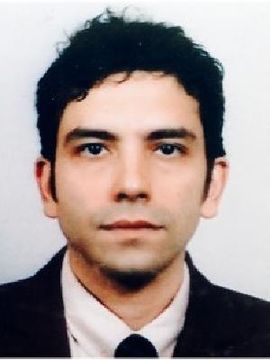
I am a research software engineer and a maths/computer science educator at the faculty of architecture. Learning from colleagues in other faculties about the best practices in open-science is my main motivation. I would also consider myself as a concerned citizen about the ongoing closed science practices in academic research. I am all in for lobbying for open science.

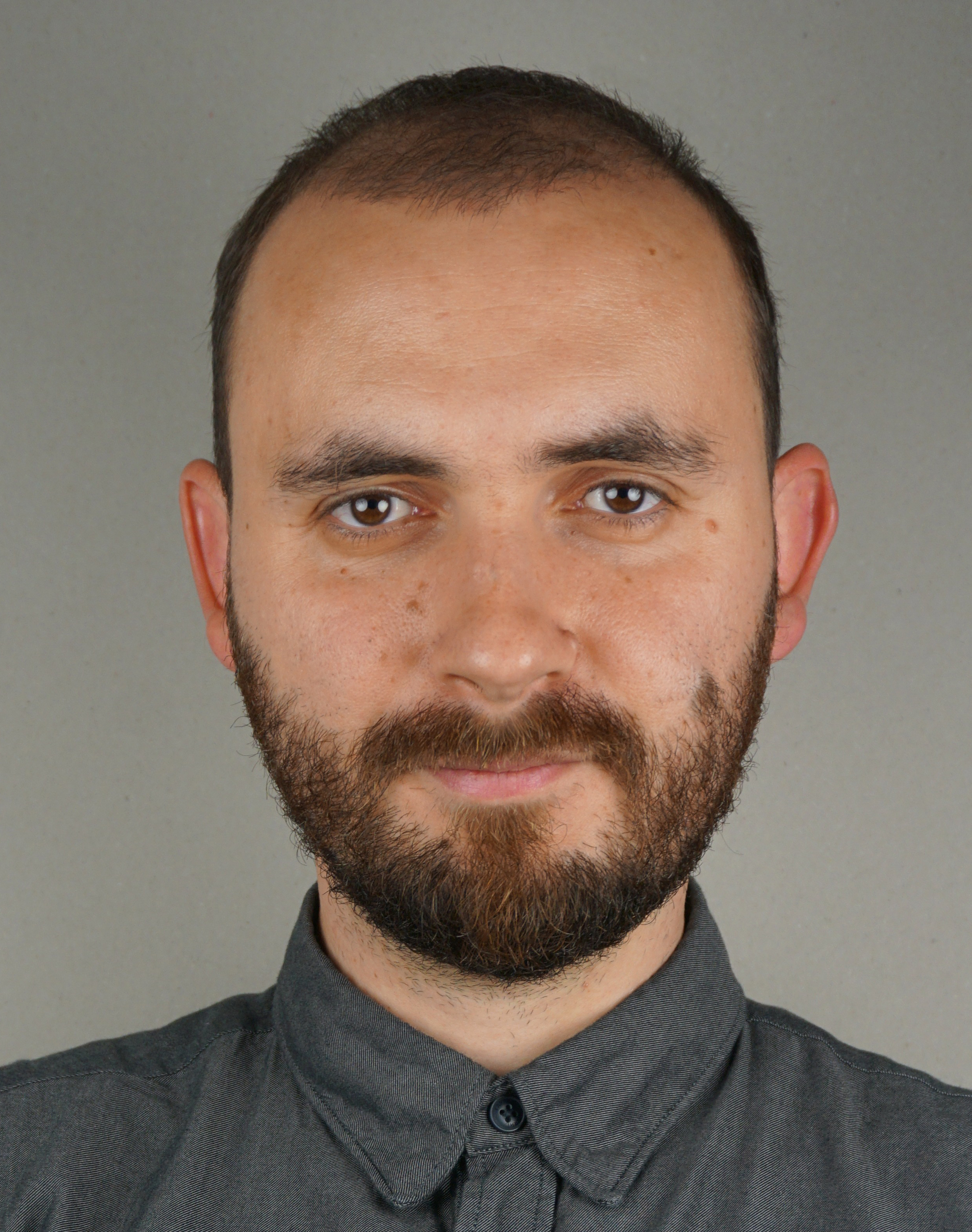
Recognising the multifacetedness of research conducted in the field of urbanism in the context of increasingly interconnected cities, I am particularly interested in mixed methodologies enabled by digital tools that can capture the complexities of real-world urban phenomena. Open science can accelerate developments in the field by enabling collaboration and exchange of knowledge amongst researchers, as well as engagement with society through processes of co-creation. For these reasons and more, I am invested in contributing to the growth and development of the open science community.

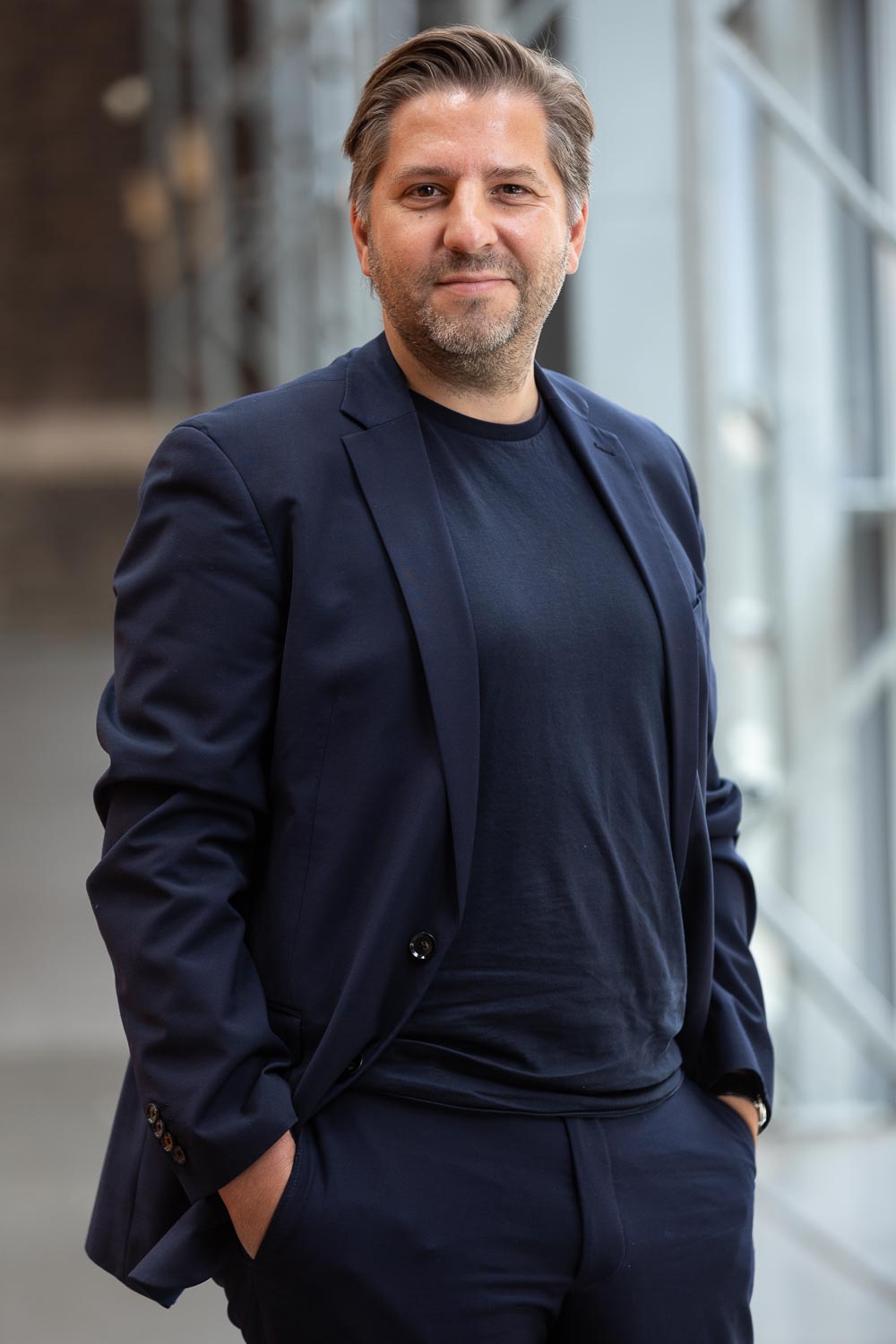
The 21st century will require us to develop concepts for thinking about design in an open data-based way that deeply considers ecology. Open data has great potential in the design of sustainable space. Therefore, I initiated and lead “The New Open”, a new flagship project of the Department of Architecture, TU Delft, to explore the role of open data for design and social change.
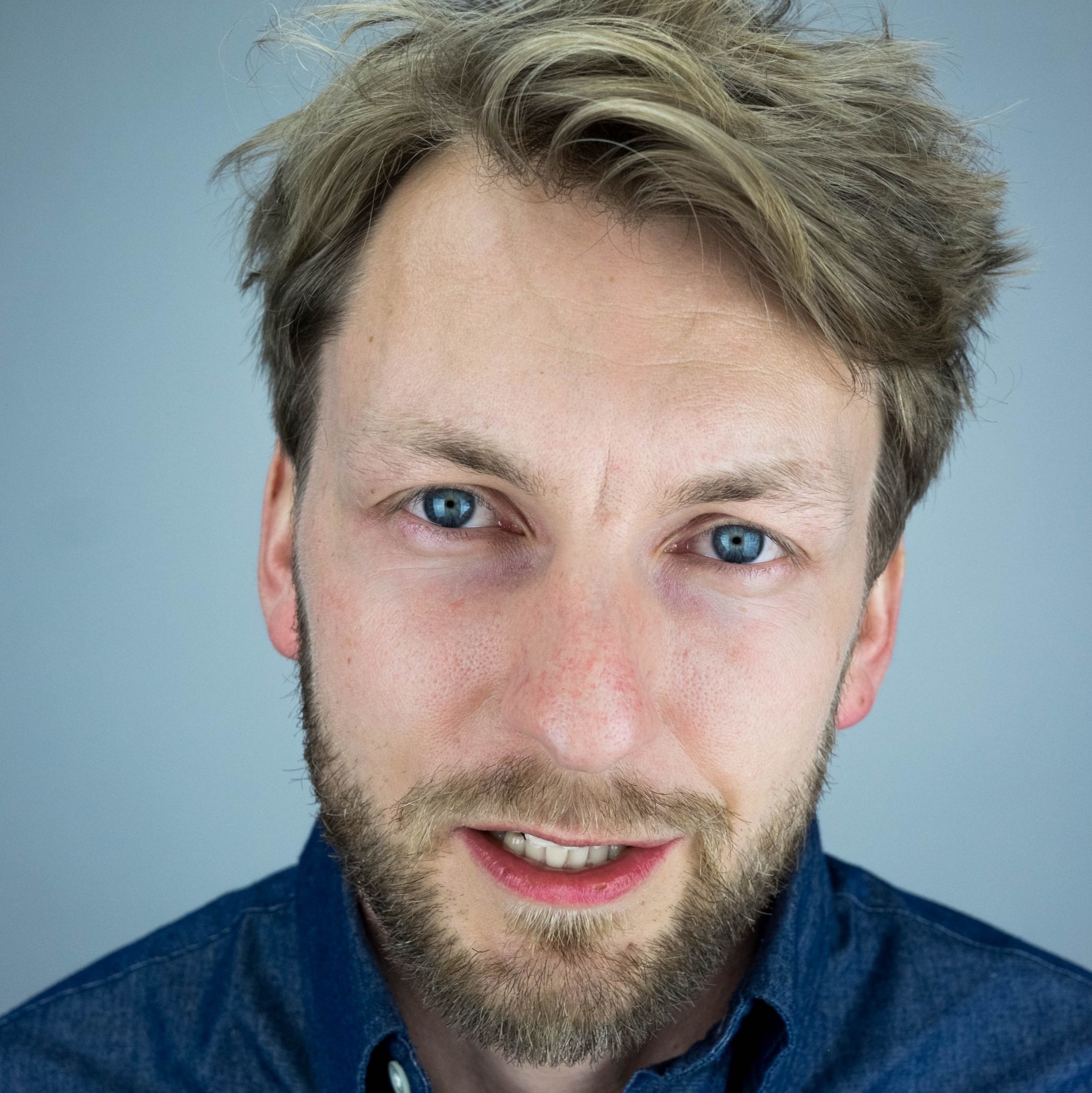
To learn more about how open science and open data can improve architectural practice
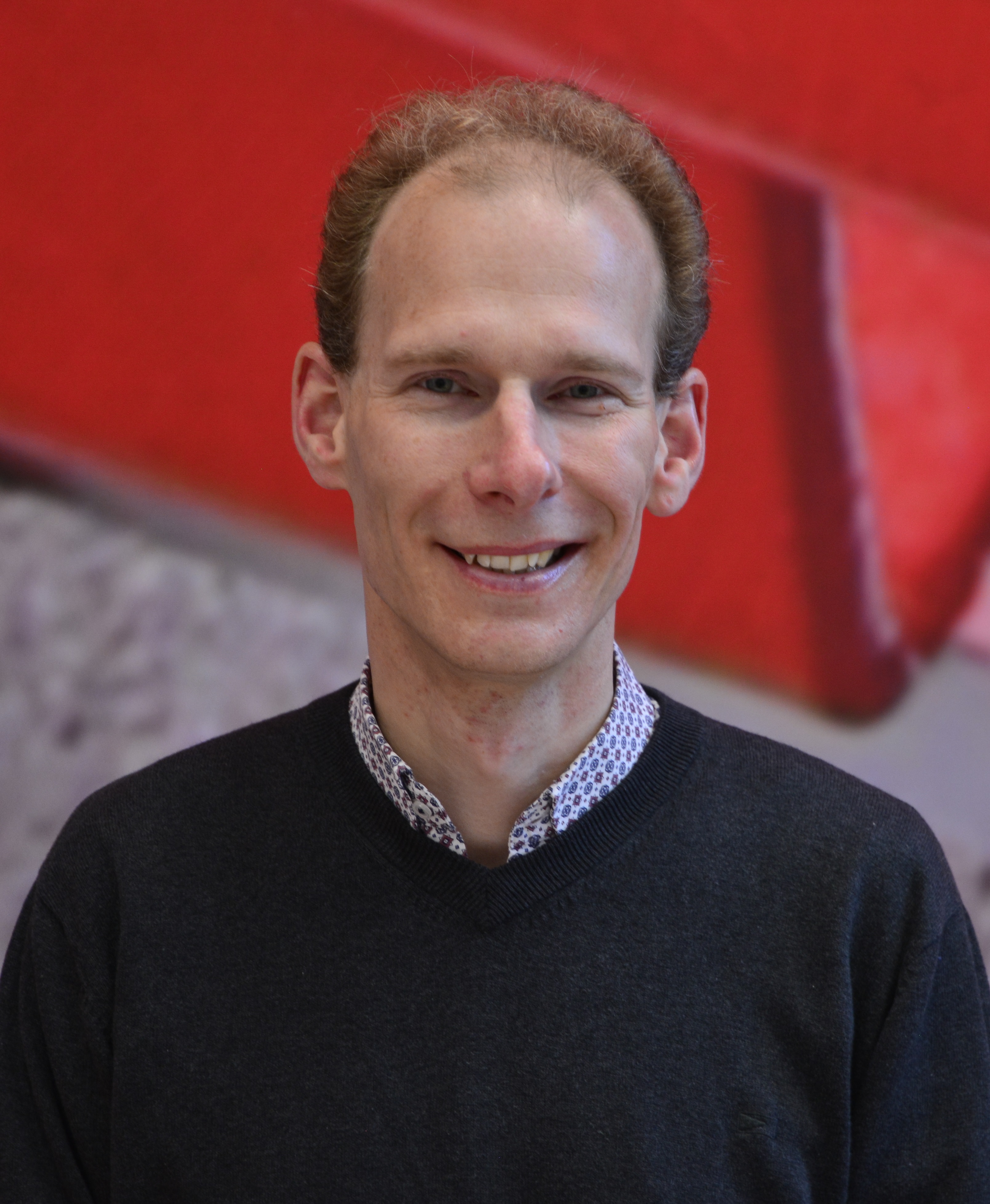
I am mostly interested in (conditions for) proper citizen engagement in policy, research, and education.


Open science is the path to follow as a researcher.

Open publishing is important to me.
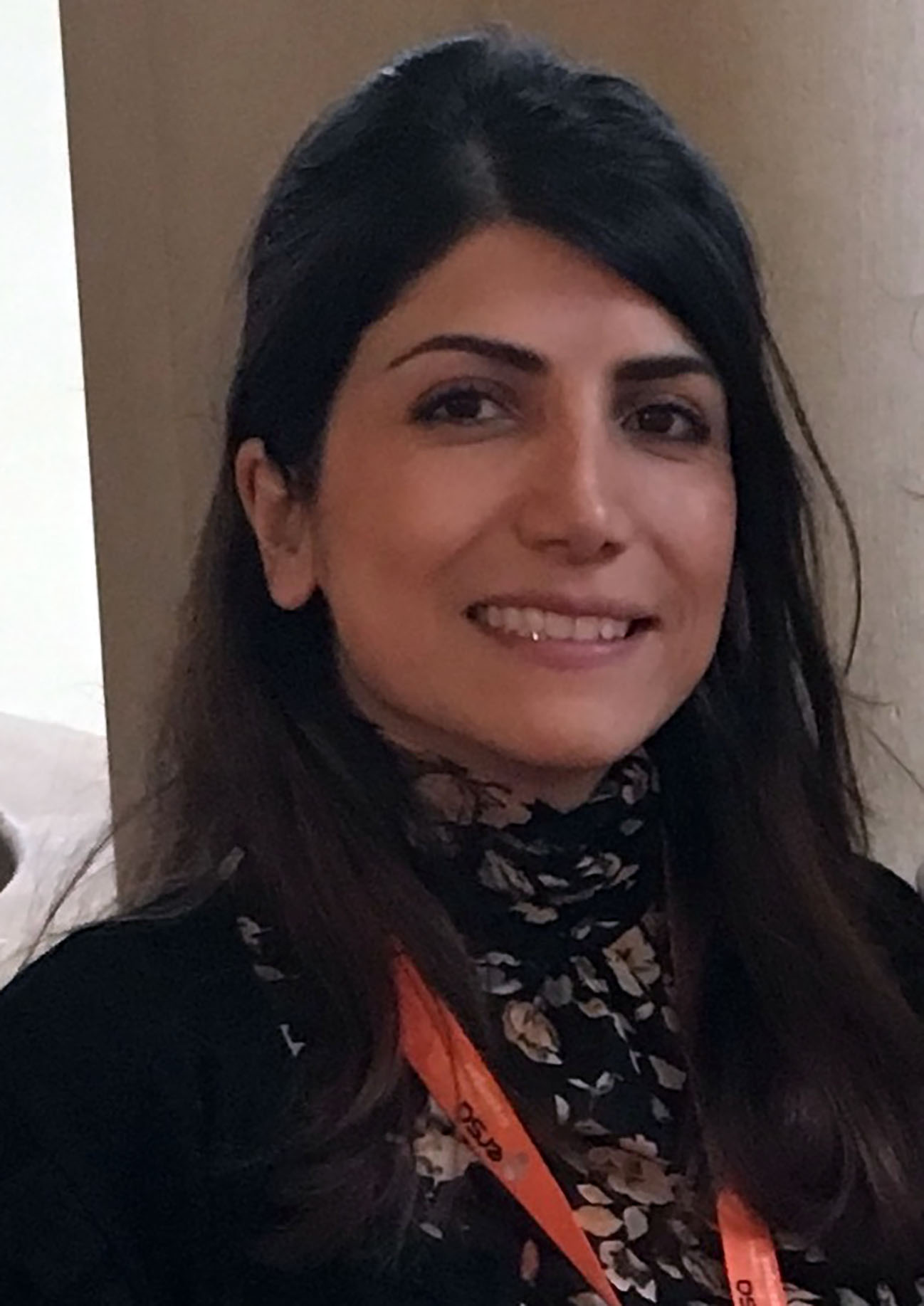
Civil Engineering & Geosciences (CEG)
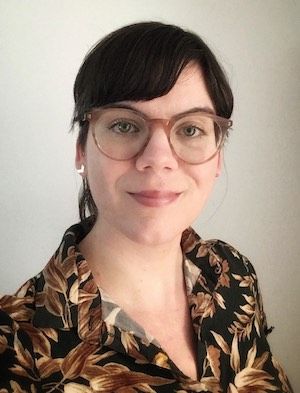
Enabling researchers to carry out reproducible research, improving data workflows and management during research, promoting open science
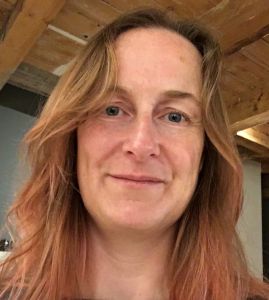
I have experience with Electronic Lab Notebooks (ELNs) as a technique for 1) managing my data, 2) sharing the data with colleagues and 3) archiving my research notes in a way that makes it easy to pass on my work to my successors.I am happy to share my experience with other researchers to help them make informed decisions about using ELNs. I could do this my given brief demos on the different options, pros and cons of ELNs to small groups with opportunity for open discussion.
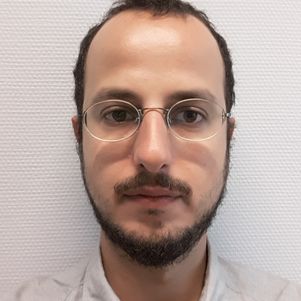
More about Alexandros Daniilidis
Structured research data can provide higher order insights to ongoing research. It further helps transparency and replicability. Continuity is also important, as being able to look back at existing data from a different (future) perspective can also lead to new discoveries.
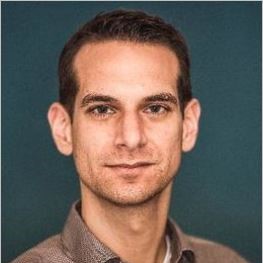
I would like to be an ambassador of the FAIR practices of data management. I would like to be the bridge between the researchers in my department and the faculty data steward.
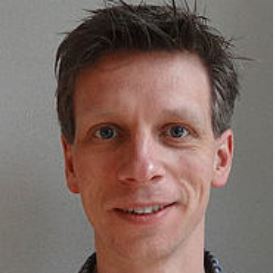
In our group we develop code and use it for simulations. For the code to be re-usable even within our own research group (students come and go), it is important that it is findable and documented. Data and code sharing outside the group is good for the visibility of our own research and for the scientific progress in general. I see the need to systematically tackle data management and therefore I would like to be better informed about best practices. I am also willing to share my experiences with colleagues and advise them on what works and what does not.
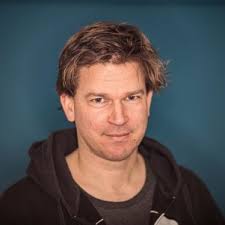
In my current research I’m building tools for hydrologist to make the entire workflow for hydrological modellers FAIR . I work closely with research software engineers from the eScience center in the eWaterCycle project in which I am the PI. Their expertise on big data, data handling, FAIR, Open Access, etc. is invaluable for our project and it would be a waste of time / effort if colleagues within civil engineering would have to re-invent the wheel regarding things we have already build / used / experience with.
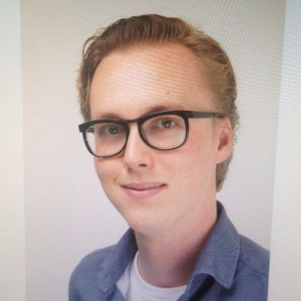
I love open source and believe that whatever product we as scientists and individuals make, has the potential to bring about positive change.
The only certainty in this equation is that, without sharing, nothing will surely happen.
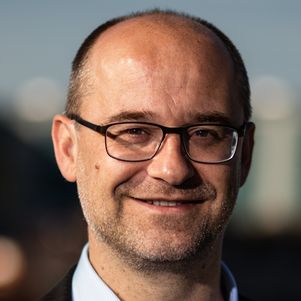
More about Mark van Koningsveld
I believe you have to work together to make progress. A team that works together and can keep on building on previous results is on a path of growth.
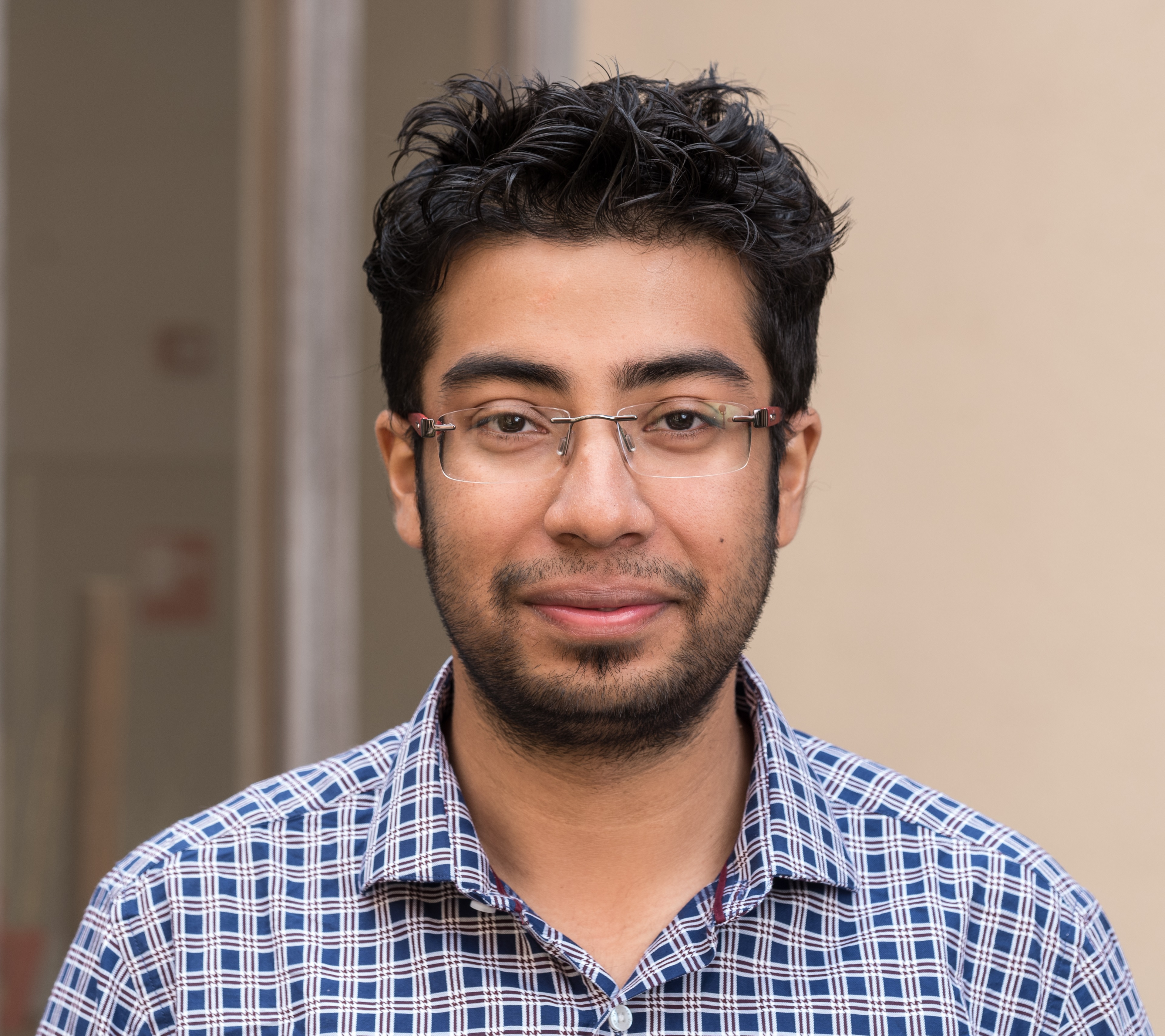
I have been a promoter of open science, and I believe in true open access, which is not only the free availability of science (that can be easily executed through sharing research via library or websites such as research gate) but also its understandability! I am a critique of commercial open access that is an extremely profitable business model for publishers and inherently partial to independent researchers and authors of middle-income countries. I am interested in alternative platforms of science communication, and I would like to learn more about them. In my current research work, I am exploring video communication as a platform to directly disseminate the knowledge generated from my research to its target users.
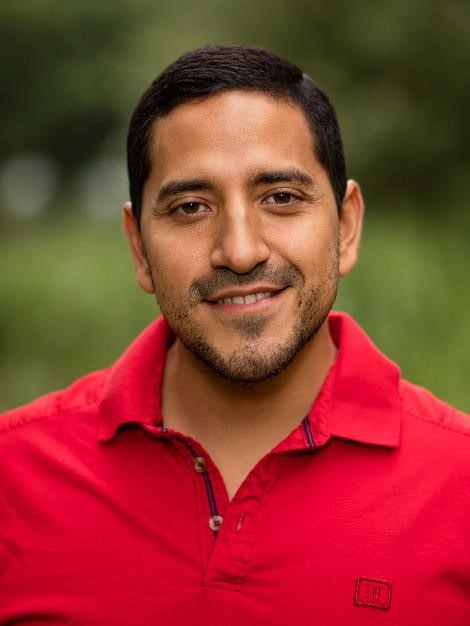
More about Juan Carlo Intriago Zambrano
I strongly believe that democratization of knowledge is a key enabler for empowerment development. Knowledge cannot be exclusive property of the so-called ‘Global North’; however, some of the forefront scientific production remains inaccessible to many worldwide. That must change. Open science has the power to change it.

More about Kishan Ramesh Kumar
I strongly believe in open science and sharing the knowledge transparently. This will help in sharing the information with more people which will promote the research topic and advance the research findings in the community.
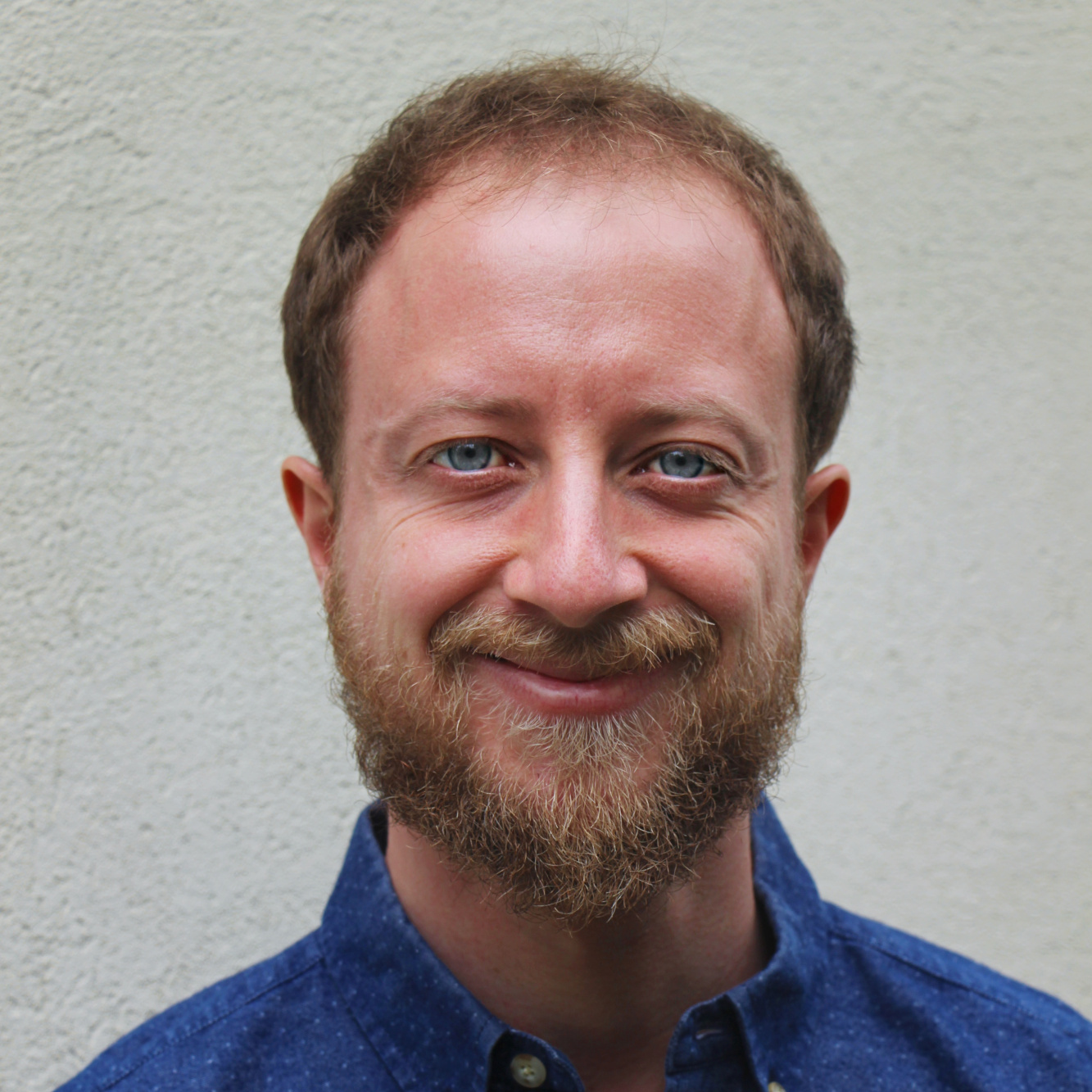
I believe reproducibility remains too often overlooked in the scientific community, and it ends up being detrimental not just to us scientists but to society as a whole. Open science offers us the principles to better include data and software as an integral part of the scientific literature, increasing its substance and the robustness of the findings it reports.
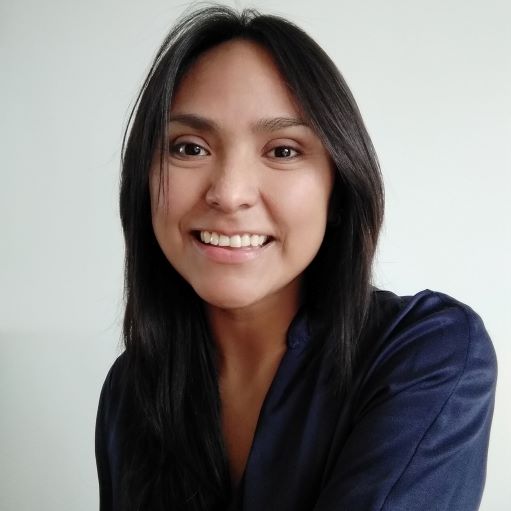
More about Liliana Vargas Meleza
To be part of creating a culture change in which scientific staff collectively and cooperatively start embracing open science and open data

I collect a lot of measurements which I would like to share with others.
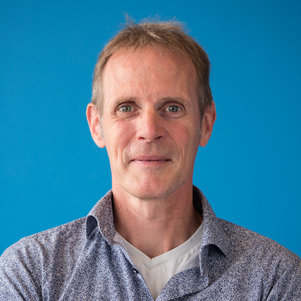
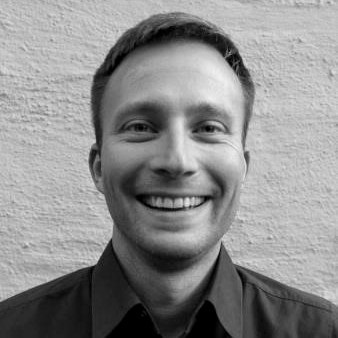
I am eager to find new ways of bringing science to society. Not only to schools but we are life long learners. How do we promote adult education?
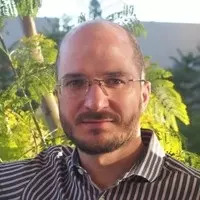
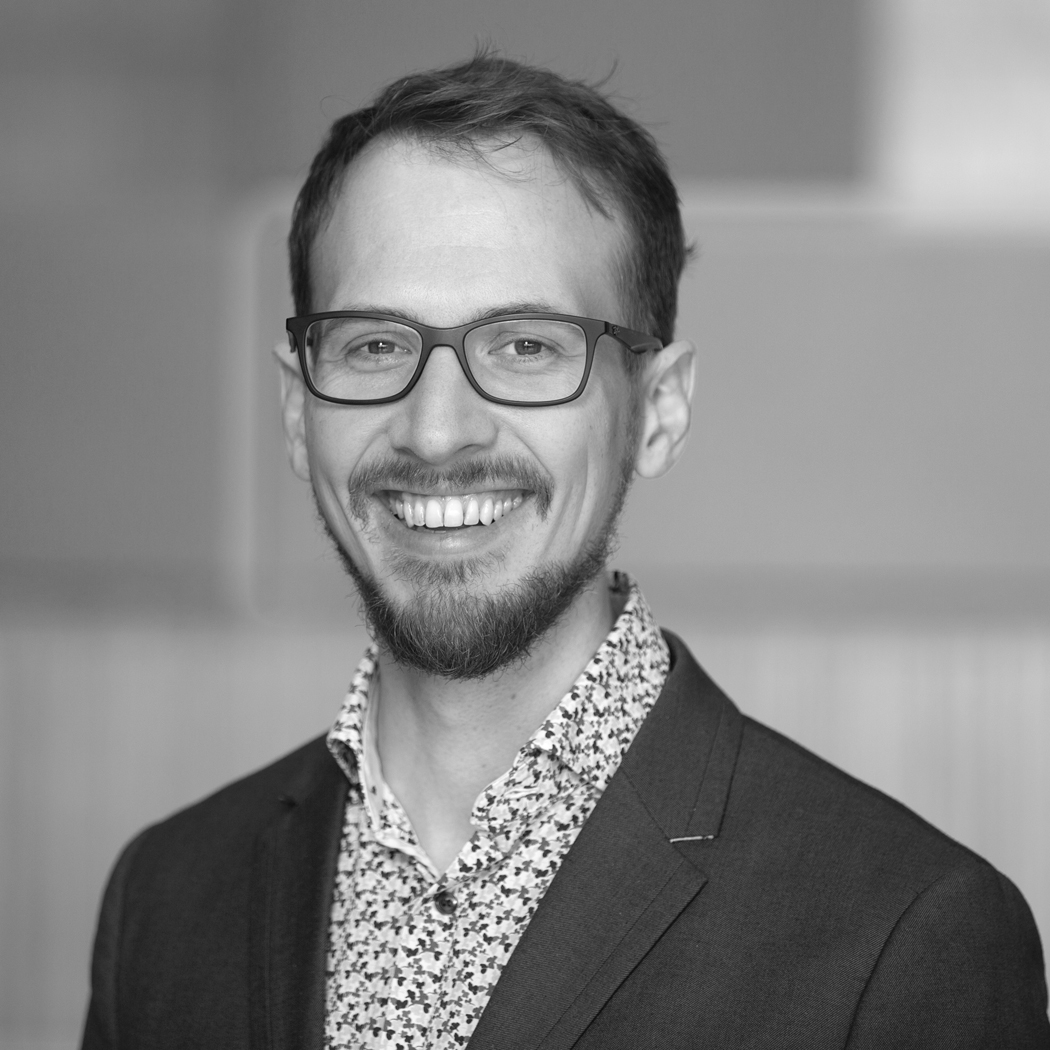
Open science is the way forward, both in research and education. Making our work open encourages and enhances collaboration and also holds us to a higher standard.

Open science stimulates collaboration and communication to the outside world, which is growing increasingly skeptical of the scientific institutions. For a healthy science, we need to be honest and open.
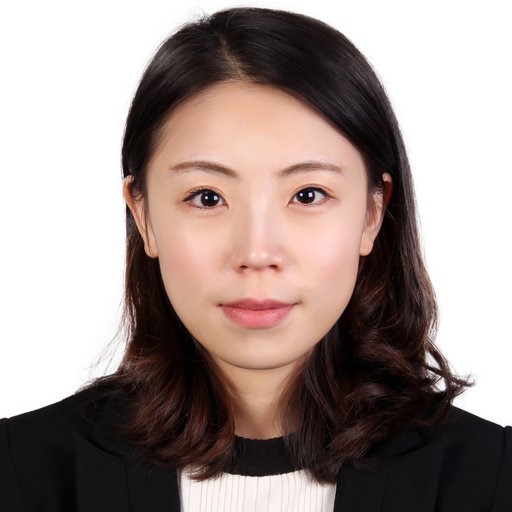
Transparency is key to scientific progress. I am motivated to seek out new skills and tools that help design and implement more transparent workflows in research process. As a data steward, I am dedicated to transfer the knowledge to others to facilitate a more transparent research environment where Open Science is embraced as the norm.
Electrical Engineering, Mathematics and Computer Science (EEMCS)
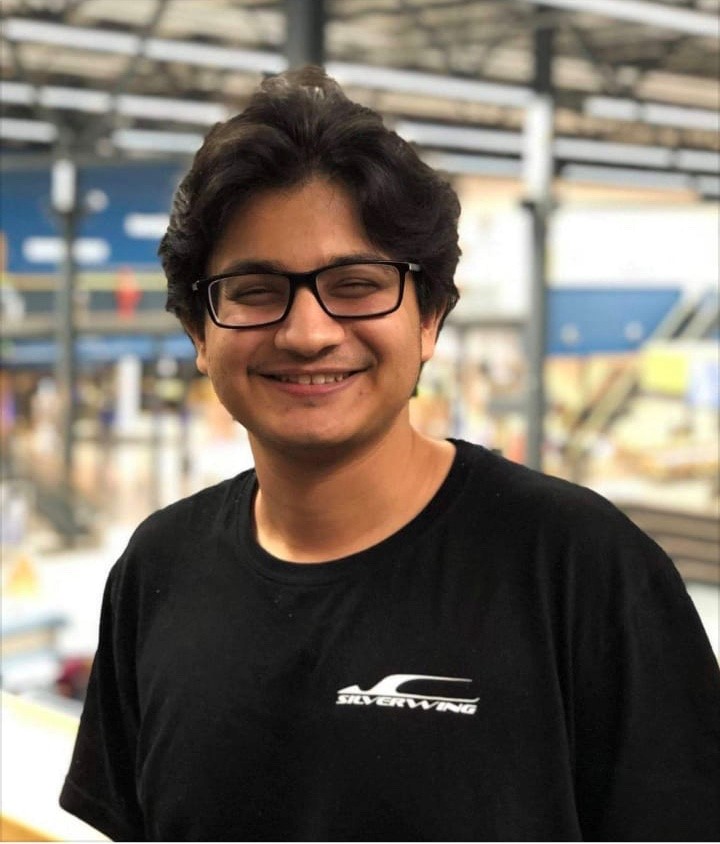
I have been an advocate for Open Source Hardware and am one of the founding members of the Delft Open Hardware (DOH) initiative. I work with other members of DOH to educate people about open source design and to make their projects open source. As an avid supporter of the maker movement, I am passionate about open science and open hardware to enable equal opportunities and believe in the spirit of collaboration over competition.
I work with Delft Open Hardware to promote open source in hardware and the spirit of open source. I believe in an open society without paywalls and barriers which allows for the free and unencumbered flow of ideas and knowledge. I am a strong advocate for the doctrine of collaborating instead of competing and feel that the society today needs people who stand up for these ideals.
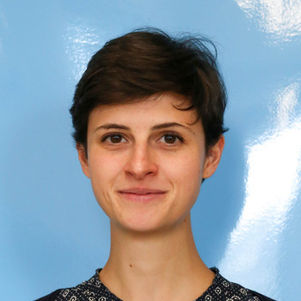
My daily job involves generating, storing and using data. I am interested in sharing common issues arising when dealing with data and hear from people from different context how they deal with that. I am particularly interested in discussing with people coming from different research areas the experiment and results reproducibility. This is indeed a daily issue in my job.
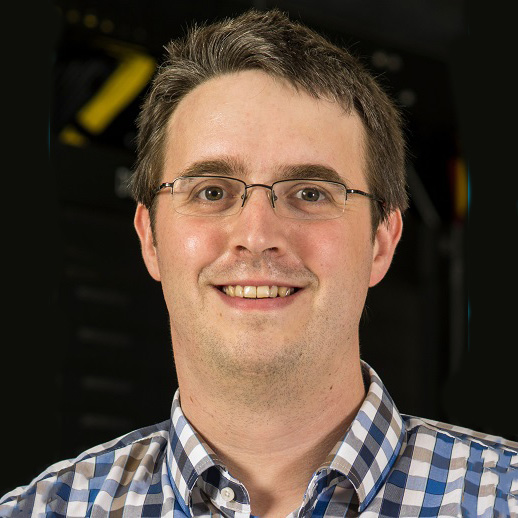
Every researcher needs to manage their data on a day-to-day basis, so it is important to do it properly. I have been a driving force for data management within our group/department and indirectly at the faculty and I would like to make other researchers aware that data management is a good idea.
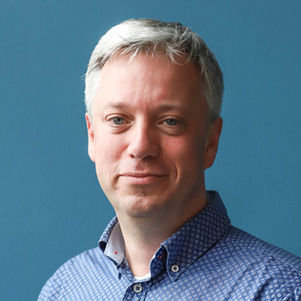
More about Willem-Paul Brinkman
Gone are the days where it was only important to report on your empirical findings. To move forward, we should be able to replicate each other’s analyses. The first step, therefore, is data transparency. As a second step, I strongly believe also in sharing the program code for the analysis. Furthermore, for us to be effective, I am strongly in favour of support facility and procedures that can help us managing and share our data in an easy way.
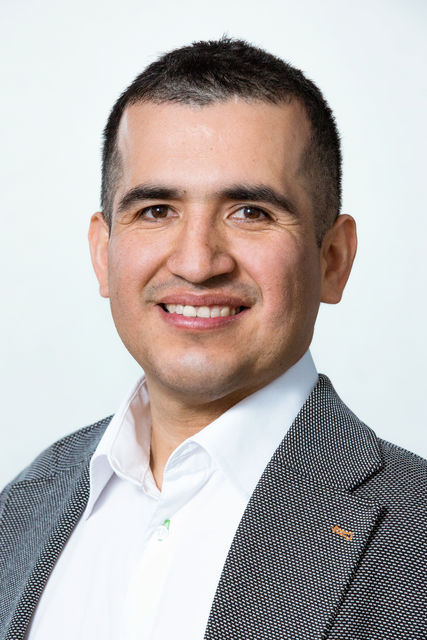
Develop data management policy for my department.
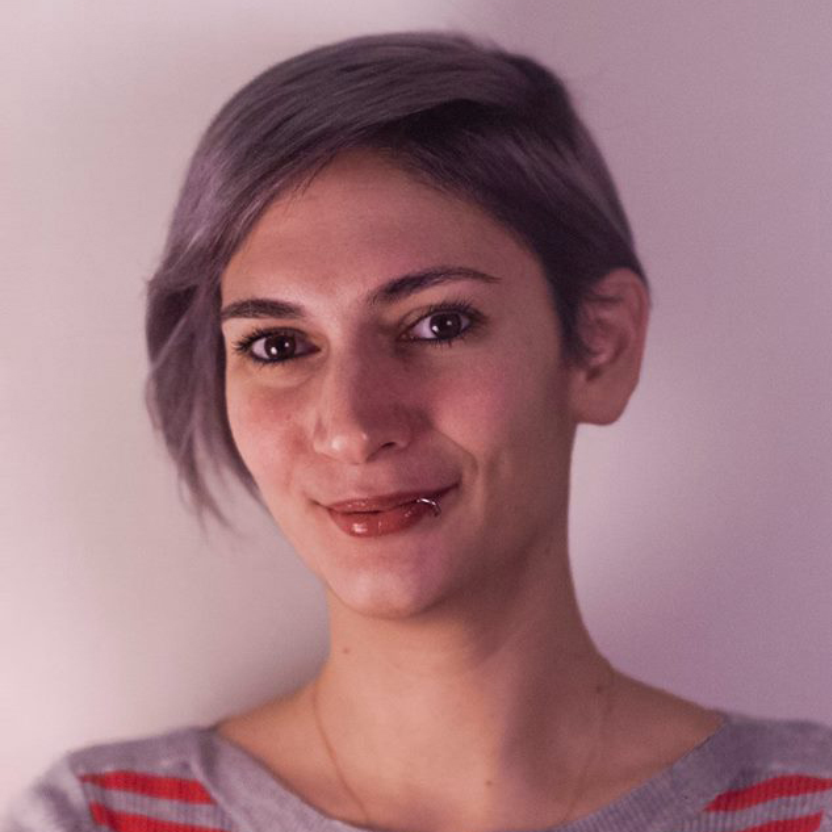
I am passionate about open science as I believe it is integral to reproducible science, building better collaborations, better scientific communications and public engagement. There is an increasing need to establish improved reproducibility in both basic and applied research, in line with the basic principles of scientific method and reliable progress. For this, researchers need free access to others’ work, both in terms of data, source code, documentation and hardware. With the growing cost of data acquisition and annotation in many fields, good data sharing and management platforms are becoming precious resources. Therefore, free and open access to such resources collectively improves the success, strength, reach and impact of all research.

I strongly believe in open science and in my domain the open-source codes are very important. In academia, open-source code seems to be quite established, but in industry that is not always the case. I hope that we, as an educational institution for engineers, can show students the power of open-source software, and that we can also provide them the skills and knowledge to work with these powerful tools.
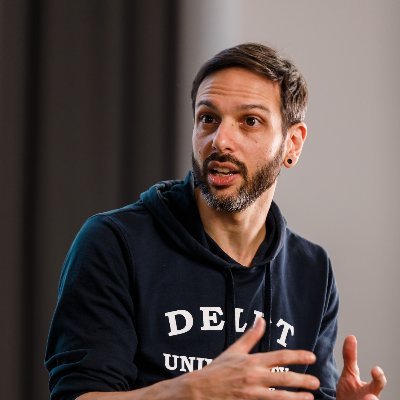
More about Andreas M. Demetriou
I think academic work cannot be considered knowledge unless it is shared completely so that it can be verified through review, reproduction, and replication. I also think that science is a human endeavor largely funded publicly, and think it is a moral violation that it is not accessible to the public.
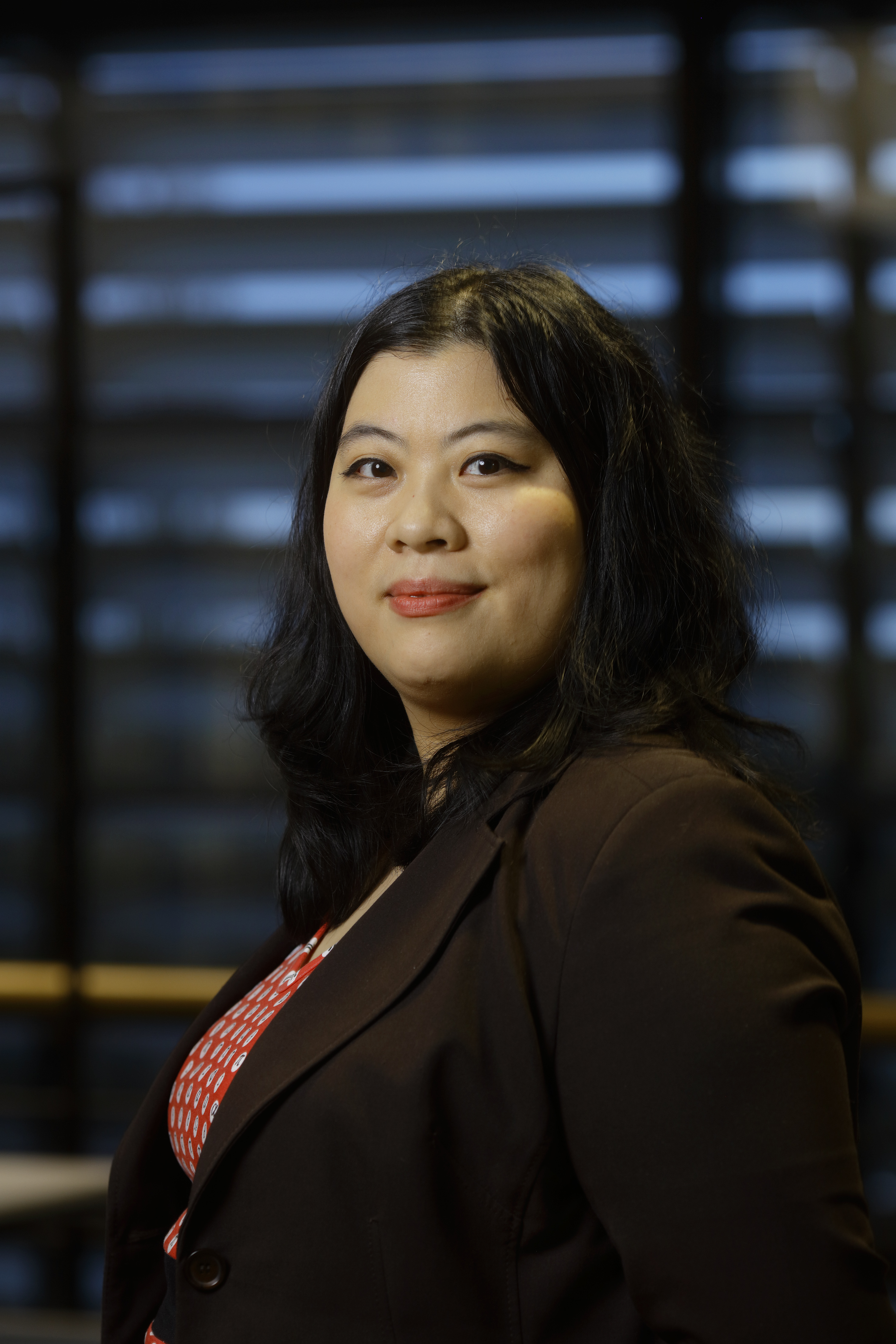
As an academic who explicitly would like to act in the public interest, open science is a key element of achieving this

I have been using open-source software and open-access research for many years. More recently I also actively contribute to both, through the development of Julia packages and my blog.
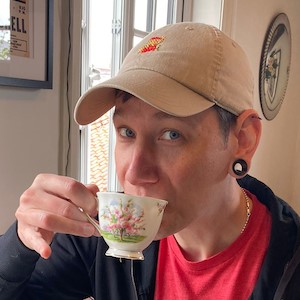
I believe in free information. By blocking access to scientific information we run the risk of reducing future ideas and great thinkers. Paywalls are evil!
Industrial Design Engineering (IDE)

Together with Jose I started the Delft Open Hardware initiative. I help people to make their project open source and connect people with organizers of Open Source Hardware projects. I offer talks about the importance of Open Source Hardware and share the importance of data sharing within the IDE faculty.
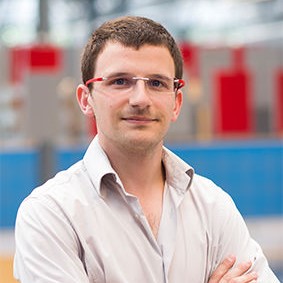
Being a data champion would give me access to the network of like-minded people to gain and share experience on how to support other about data management and sharing as well as opportunities to write together grant proposal on the topic.
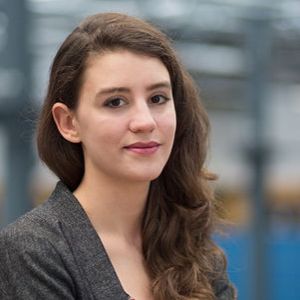
I would love to avoid other researchers all of the pain I went through to setup custom data management plans!
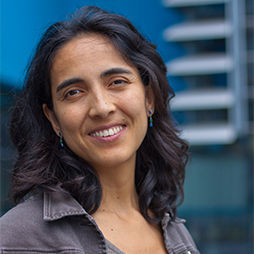
More about Natalia Romero Herrera
To enable other research communities to do further analysis, replicate analysis, integrate with other data sources, etc. on the basis of the published data. By making my data referable I’d like to be able to trace such outcomes.

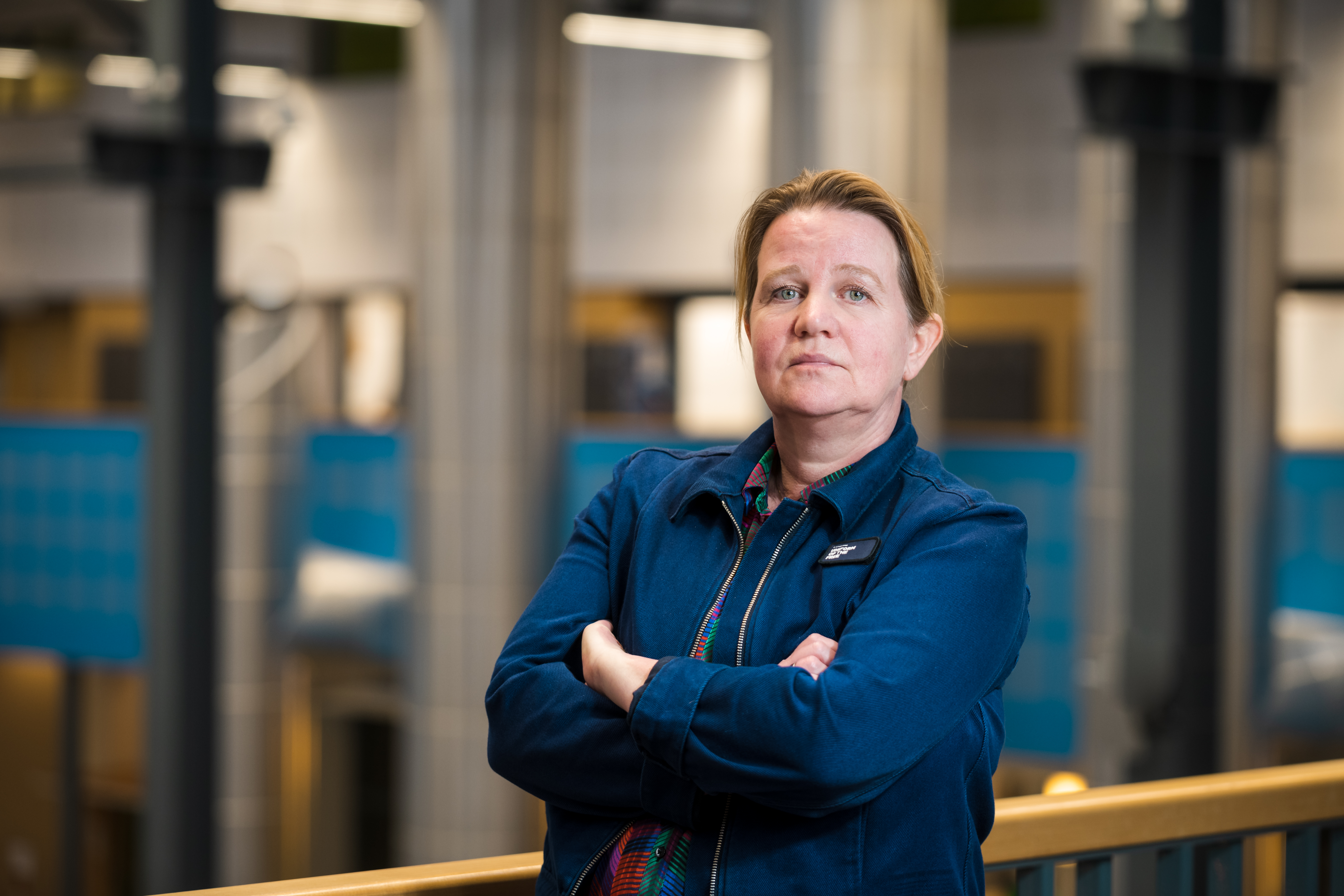
Involved in projects on Design for Ethics in AI and Design for Medical AI
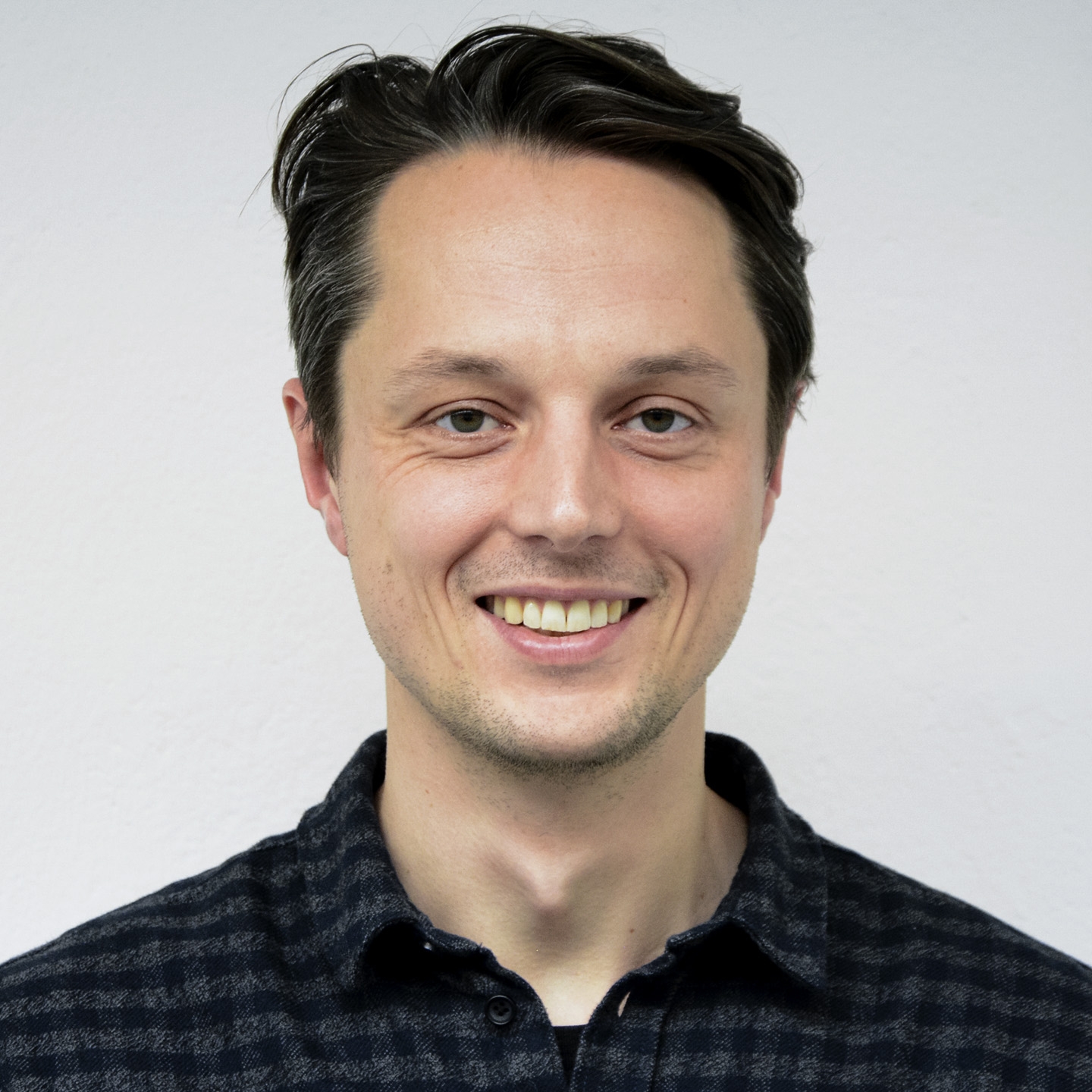
I am interested in ways of increasing the persuasiveness and accountability of (qualitative) human-computer interaction design research.
Mechanical, Maritime and Materials Engineering (3mE)
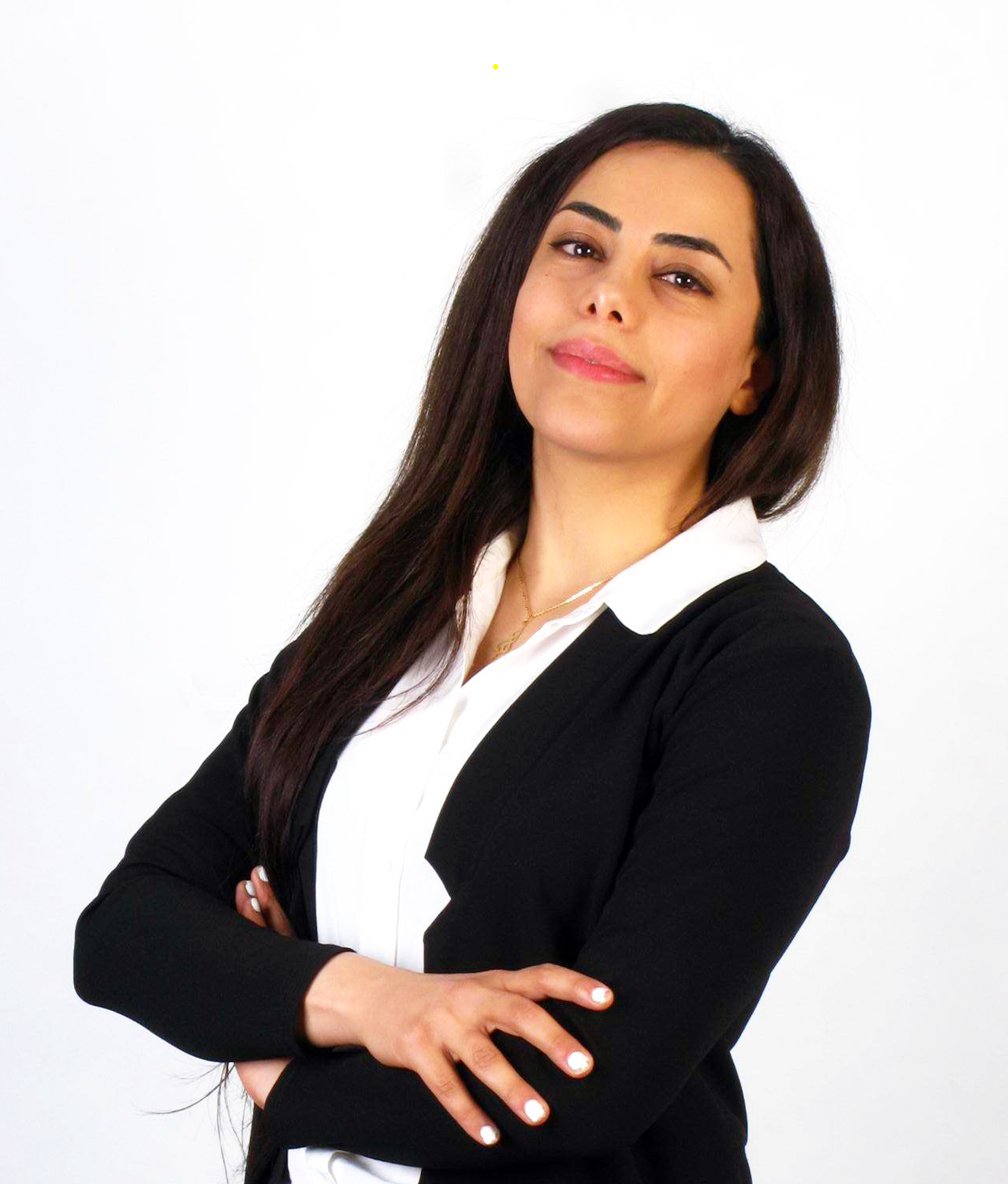
More about Leila Alizadehsaravi
I would like to share knowledge and experience, collaborate with others, help researchers everywhere
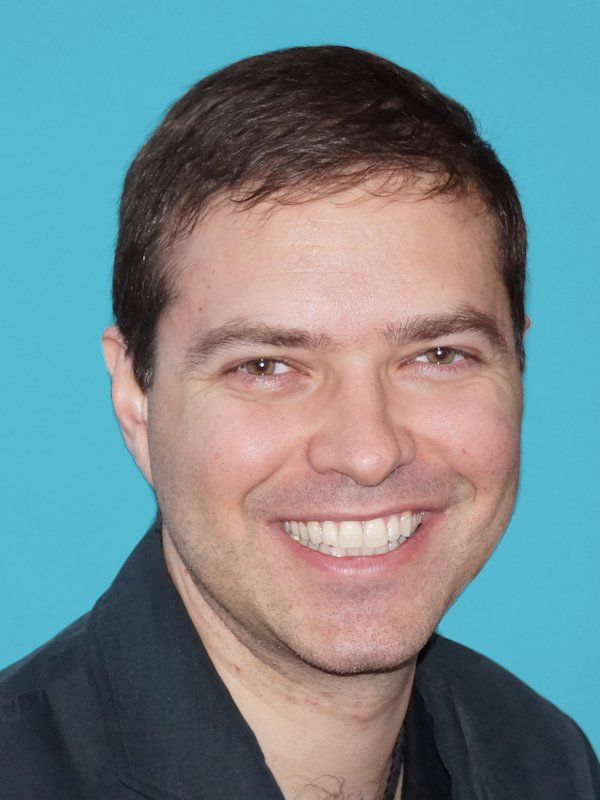
More about Alejandro M. Aragón
I believe the output of research, comprised of articles and the data needed to create them, should not be kept behind paywalls. This is particularly true for research funded by tax payers. There have been remarkable advances towards open science to make available data that has not yet received the spotlight.

I am a strong believer in open sources everything for more reasons that I can count. Science in particular has a lot to gain from leaving behind the deadweight of confidentiality.
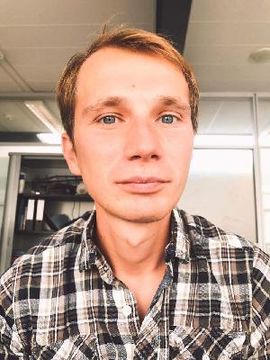
TU Delft is doing a good job in the area of opening up science to the public and the rest of the scientific world. I would like to help to progress even further.
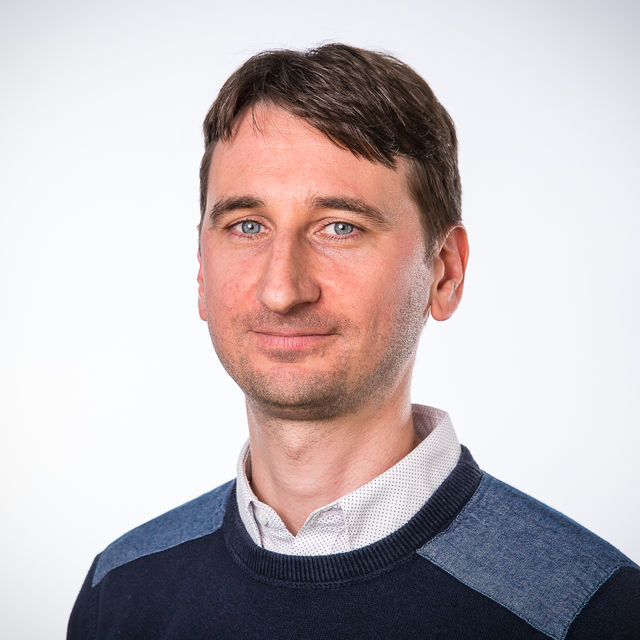
I am a strong believer in making results that are funded by tax payers’ money public and open. I also think that science can progress faster if newly developed methods/ideas can be used freely and are available to everyone. It is my belief that data management and sharing are basic skills that every student and staff member at TUDelft should master. Reproducibility of results is for me the minimal requirement when developing methods/algorithms/tools. I hope to be able to convince more people of this vision. My short-term goal is to convince all staff members in my department to actively use data management and sharing tools. This involves the setup of a repository space for our department. Long-term goal is to be able to organize a compulsory course for students on data management and sharing.

I am motivated to join the open science community because of the horrible state it currently is in. Basically, close to nothing is reusable even for the scientific community, let alone people outside of that looking to make use of scientific work.
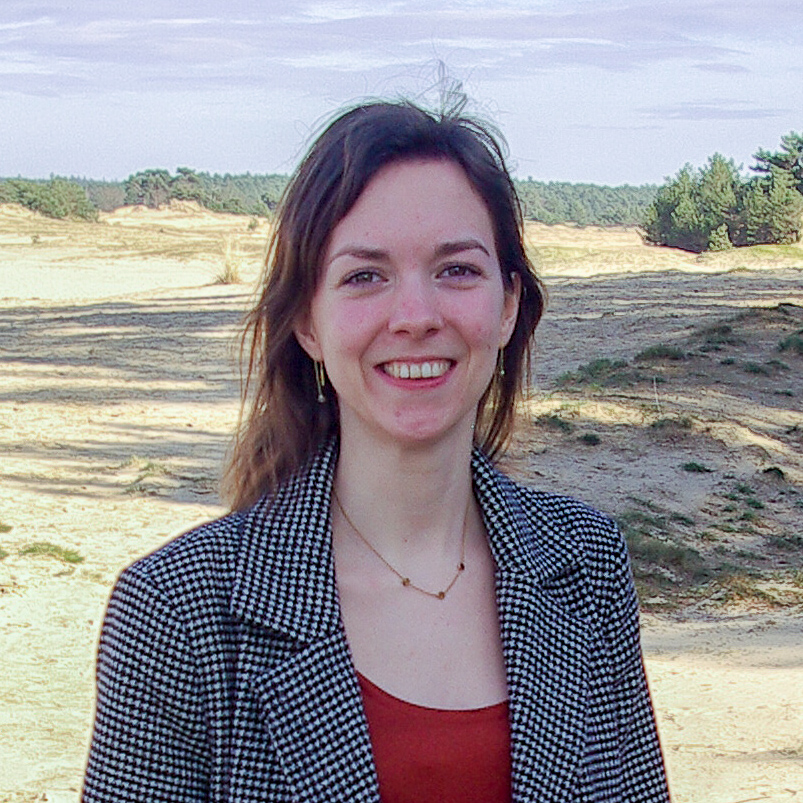
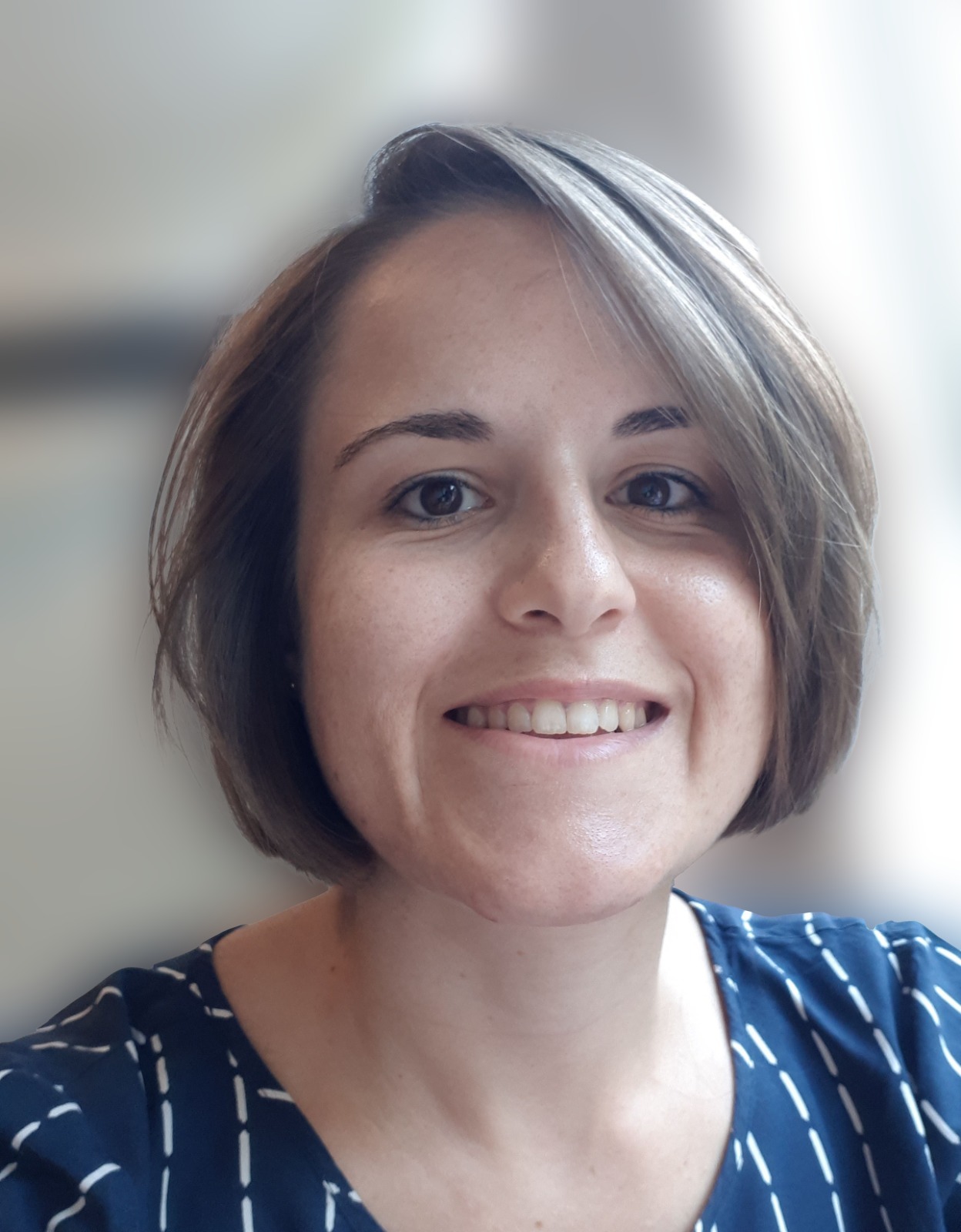
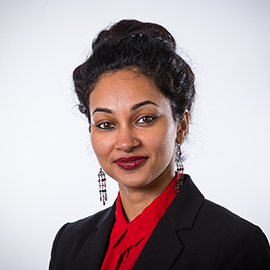
This will provide me the opportunity to not only share my experiences but also learn from other Data Champions about other efficient ways of managing data. I will share the insights gained from such an exchange of ideas with my department members, which will be gainful for them. Furthermore, I am hopeful that my involvement in the Data Champion program will strengthen the connection between my department and the Data Management team of the University.
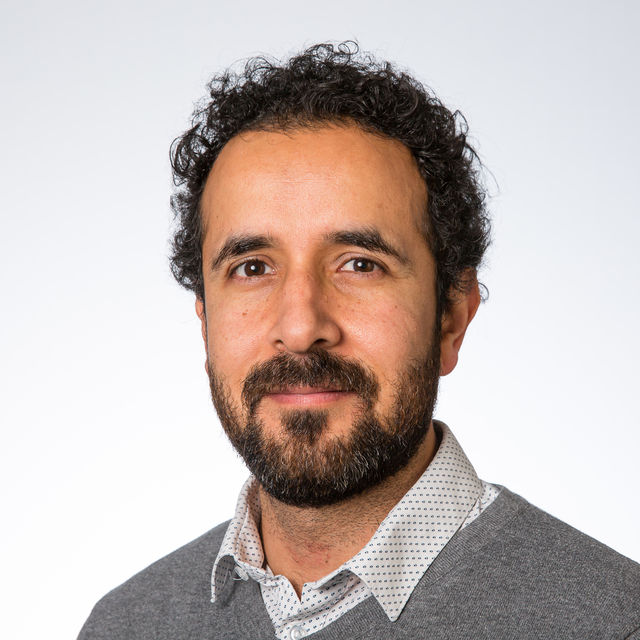
I like to build and explore multi-temporal data about long-term human complex systems. These datasets should be managed and stored systematically in order to provide a source of information for long-term decisions of present and future societies. I would like to learn how others use and manage their own data and how they engage with challenges of collecting, storing and sharing data. I would also like to share my insights about how to work with multi-temporal data and human participant information. Finally, I hope to create more links inside and outside of the TU Delft data management network.
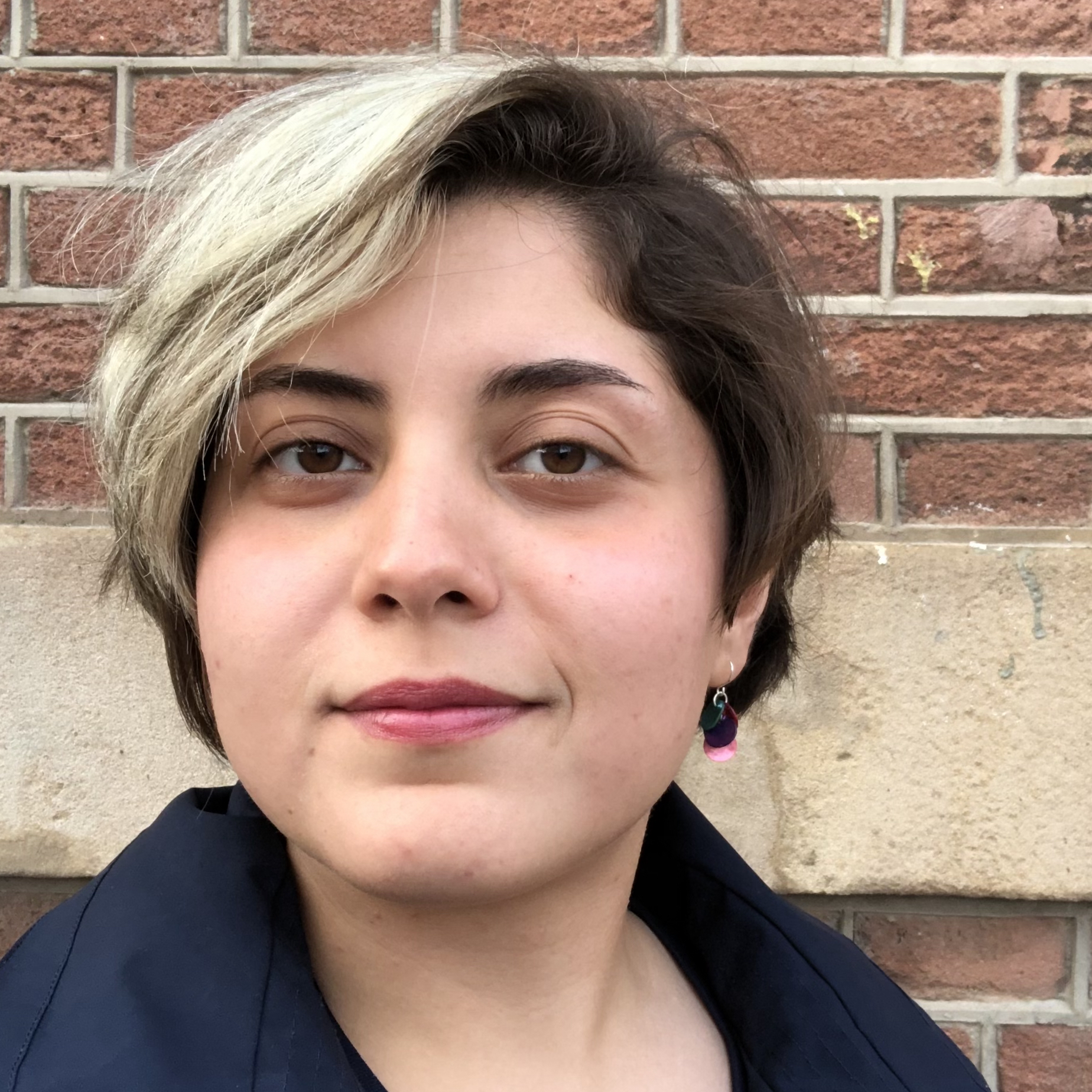
I believe that science and its findings should belong to all the members of the society.
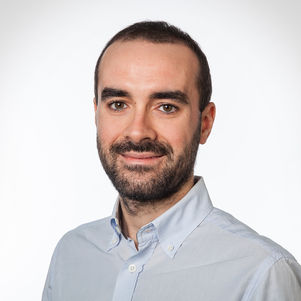
Proper data and software management and sharing is becoming a priority for open science.
%20(1)_Marcin%20Kaczmarek.JPG?raw=true)
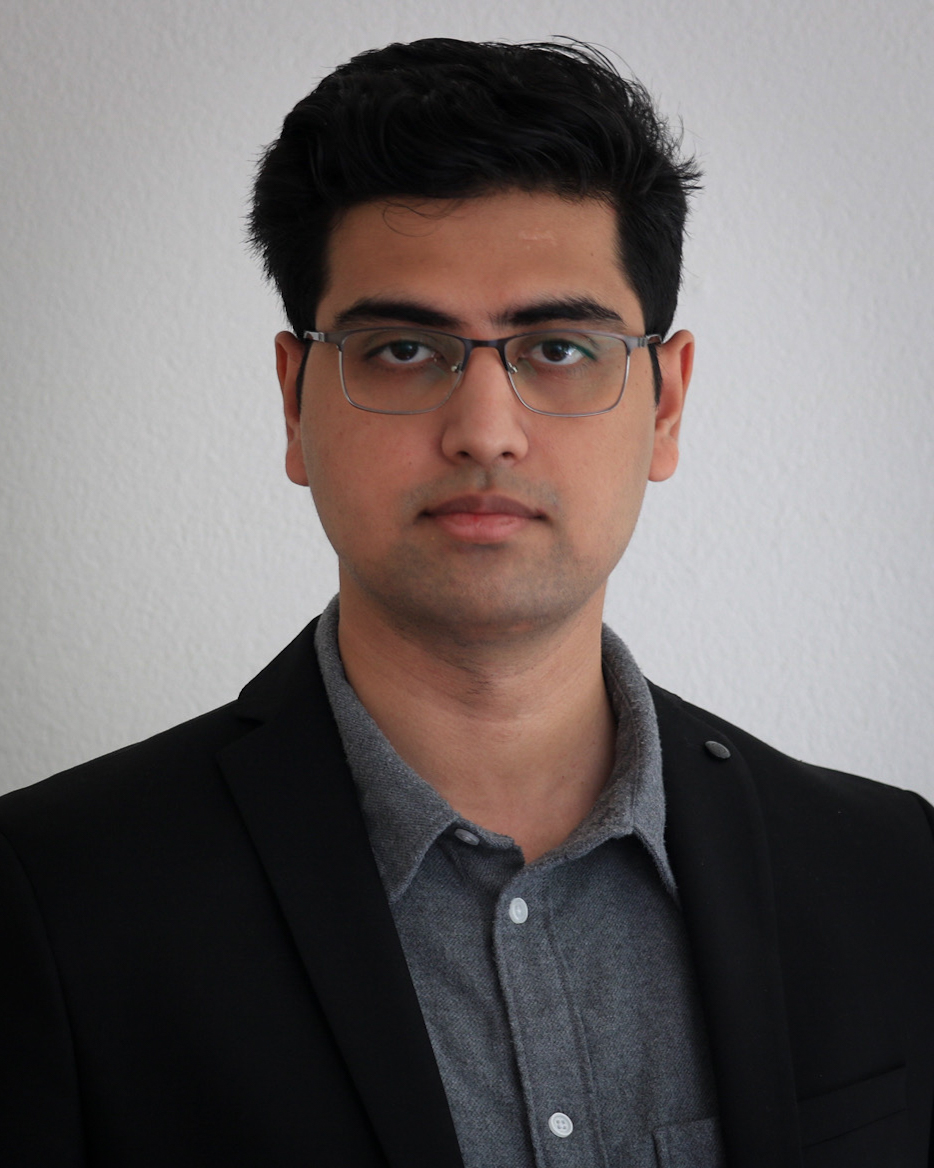

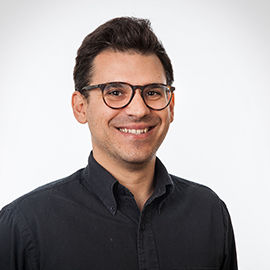
As I always seek for better data management methods, meeting and working with other data champions will greatly strengthen my efforts.
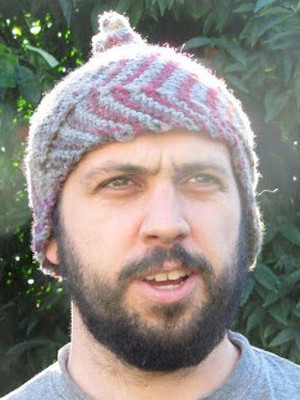
I’m a long time practice and advocate of open science. I’d like to meet others that also do so.
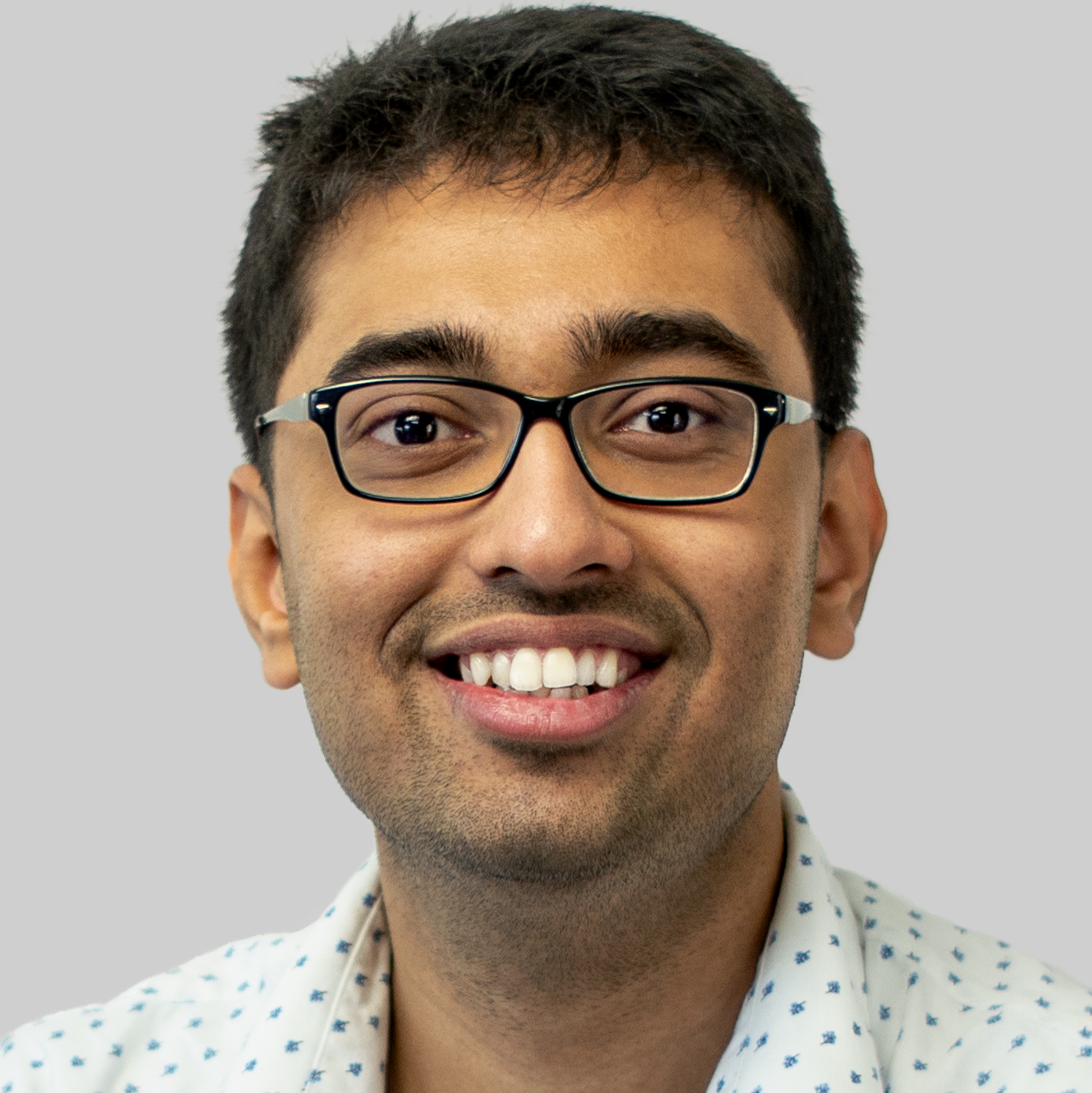
In my opinion, science and education should be free and transparent, since they heavily shape society and aim to improve people’s standard of living. I want to help make that happen.
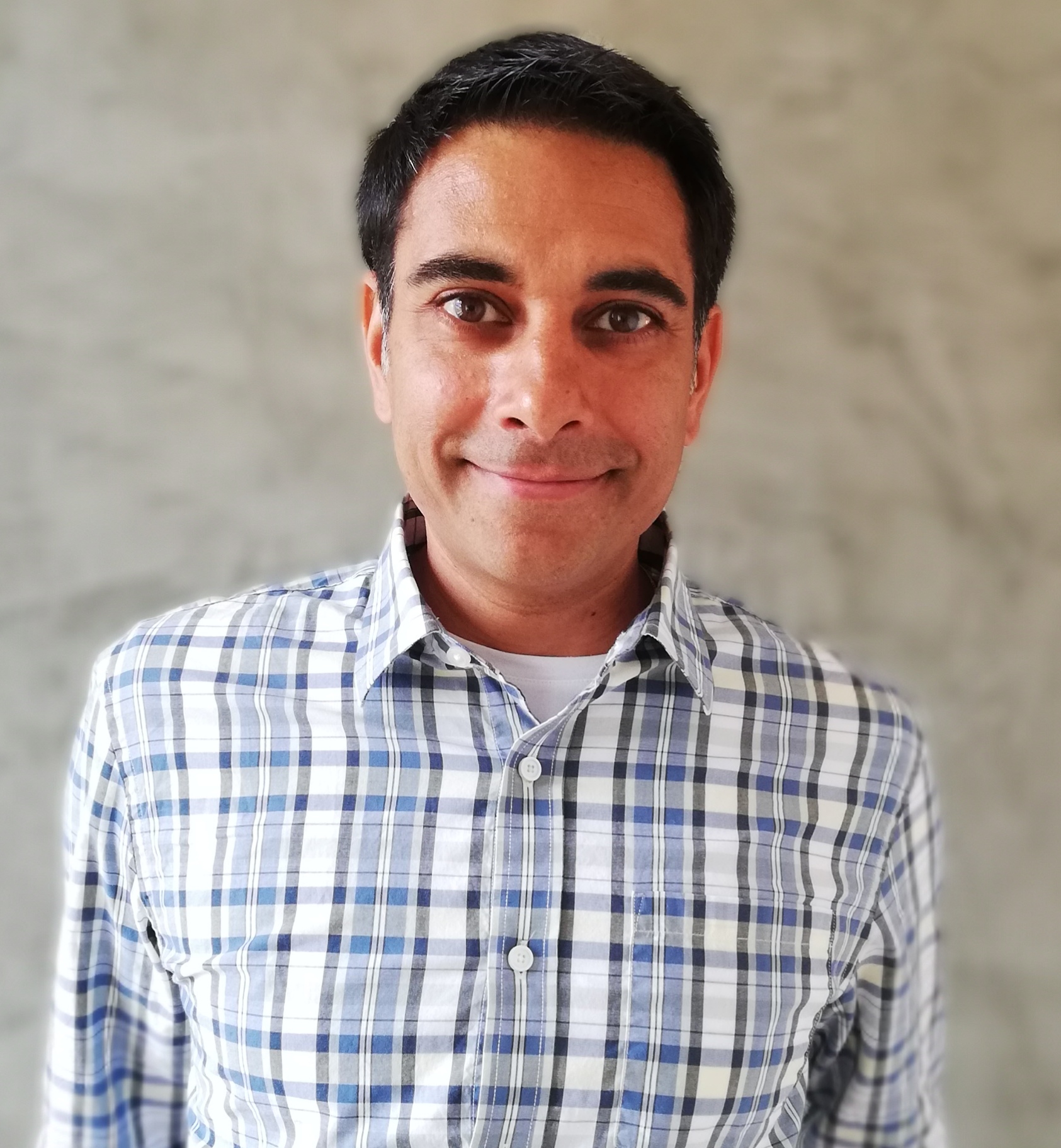
I have been active in open science for over a decade and want to be part of the nice community here at TU Delft.


Open science at TU Delft offers easier access to interdisciplinary collaboration opportunities between researchers and departments. I look forward to aiding the cause.
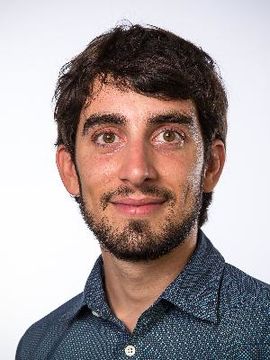
To promote a better data usage within the faculty; e.g. the creation of databases for sharing equipment, consumables, journal licenses, material data and images.
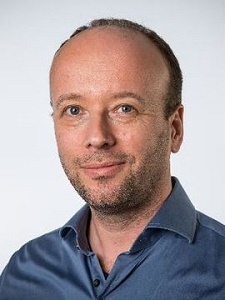
I already do quite a bit of data sharing via data.4tu, and would like to extend this.
I want to make others in the faculty aware of data sharing, transparency, and replicability.
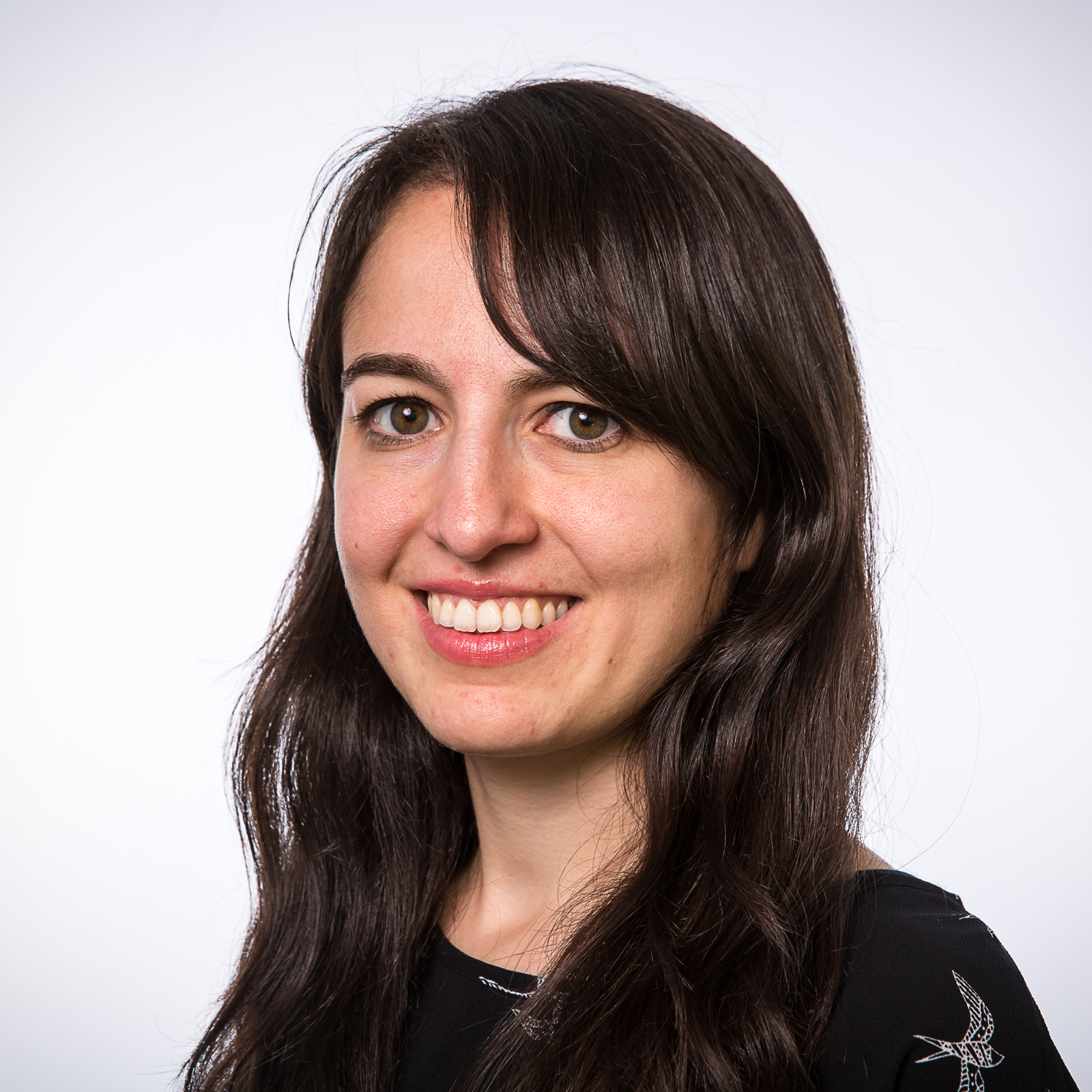
More about Yasemin Türkyilmaz-van der Velden
I believe that for science to be optimally beneficial for the scientific community and the society, it should be an open, transparent and collaborative effort. As a Data Steward, I support researchers to apply good practices in research data management and open science. I really like working in this field and I am learning something new every day. Therefore I am really happy to be part of this community and to exchange and gain knowledge and practices.

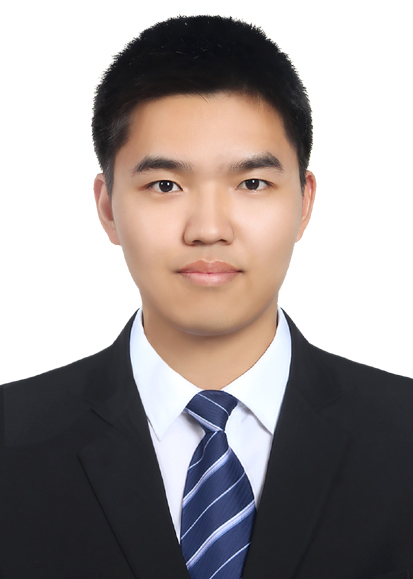
I think “open science” is a good way to share knowledge, contribute to transparent research and build an academic network.
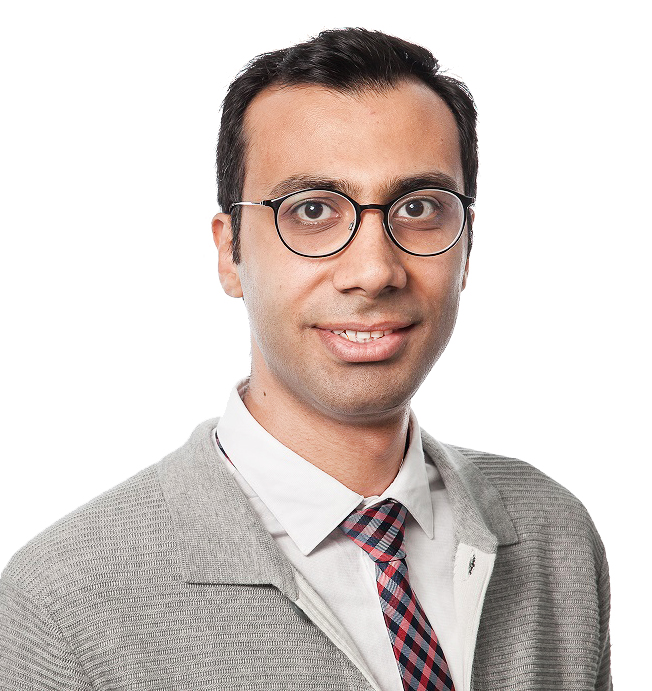
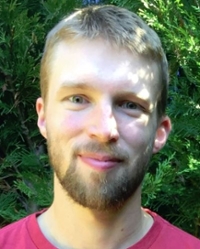
More about Bjørn Peare Bartholdy
I like to learn new skills-tools that facilitate an open research process, and transfer those skills to others. I also find it interesting to see how others make their research transparent, reproducible and impactful through open science practices.
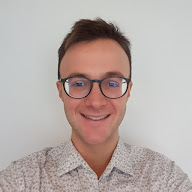
As a researcher, participating in open science projects can enhance the rigor and impact of my research, foster collaborations and networking, and promote the democratization of scientific knowledge.
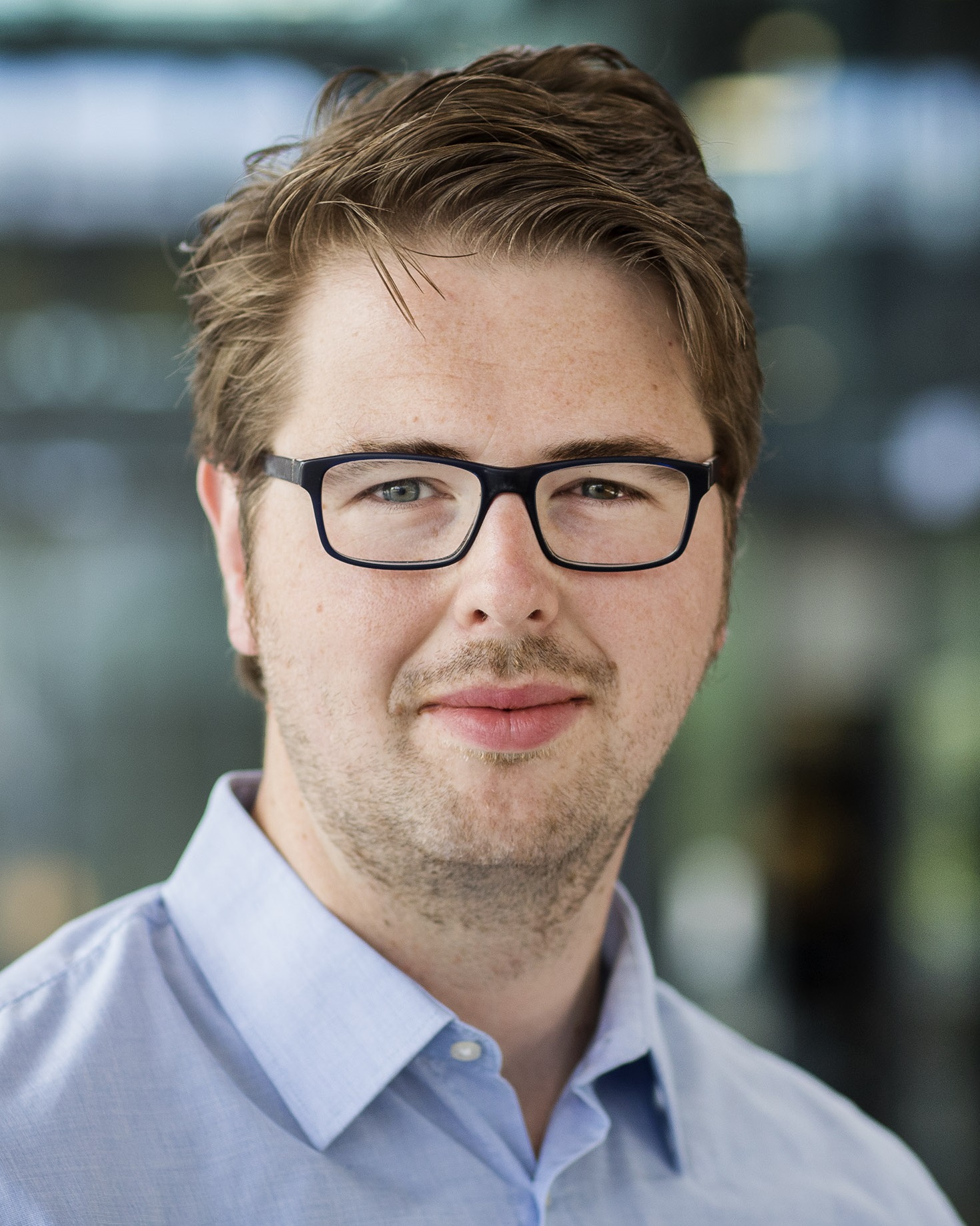
Contributing to shaping the scientific world to be more open, honest and fair, and learning best practices to apply to my own work
Technology, Policy and Management (TPM)
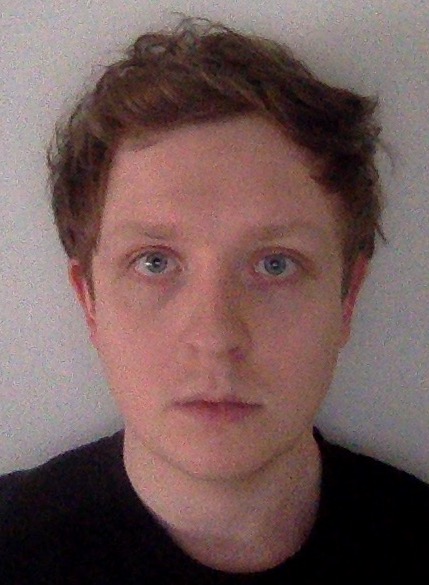
I am a post doc researcher involved in Juan Manuel Duran’s project on dark data. The project is aimed at investigating the ethical and epistemological issues dark data presents, with a view to formulating concrete policy proposals in response to issues identified.
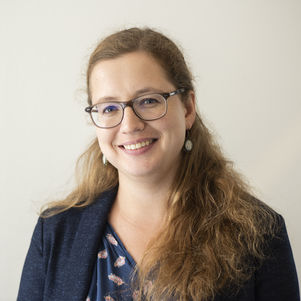
I would like to commit myself to publish the data I gather in my work and I expect that the meetings with other data champions will allow me to be more efficient in that. Along the way, I will be happy to share my experience with my colleagues and perhaps inspire them to join the movement.
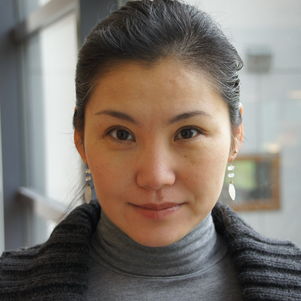
I hope that myself or someone else can use and reuse my data, and possibly validate the analysis. I’d like to spread the word of the importance of data management and reuse, and where and how to do it. It seems fun to do.
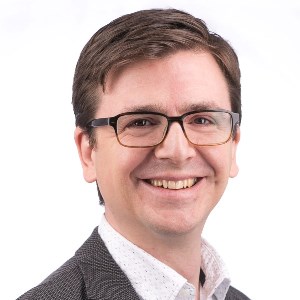
I have an interest in the challenges that data management and Open Science present to current scientific and engineering research. I am particularly motivated by questions about data storage, curation and maintenance of data, reproducibility and replicability of results, and open distribution of data.
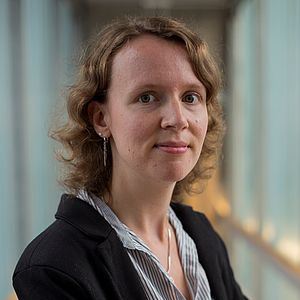
More about Anneke Zuiderwijk-van Eijk
The opening up of research data can be revolutionary for scientific advancement. The use of open research data in combination with new Information and Communication Technologies now offers tremendous opportunities, for example, by obtaining new insights by analysing and combining huge amounts of open research data. Despite the many potential advantages of open research data, researchers are still reluctant to open up their own data and to use the open research data of others. My research focuses on what drives researchers, governments, companies and other actor types from different disciplines and domains to open up and use data.
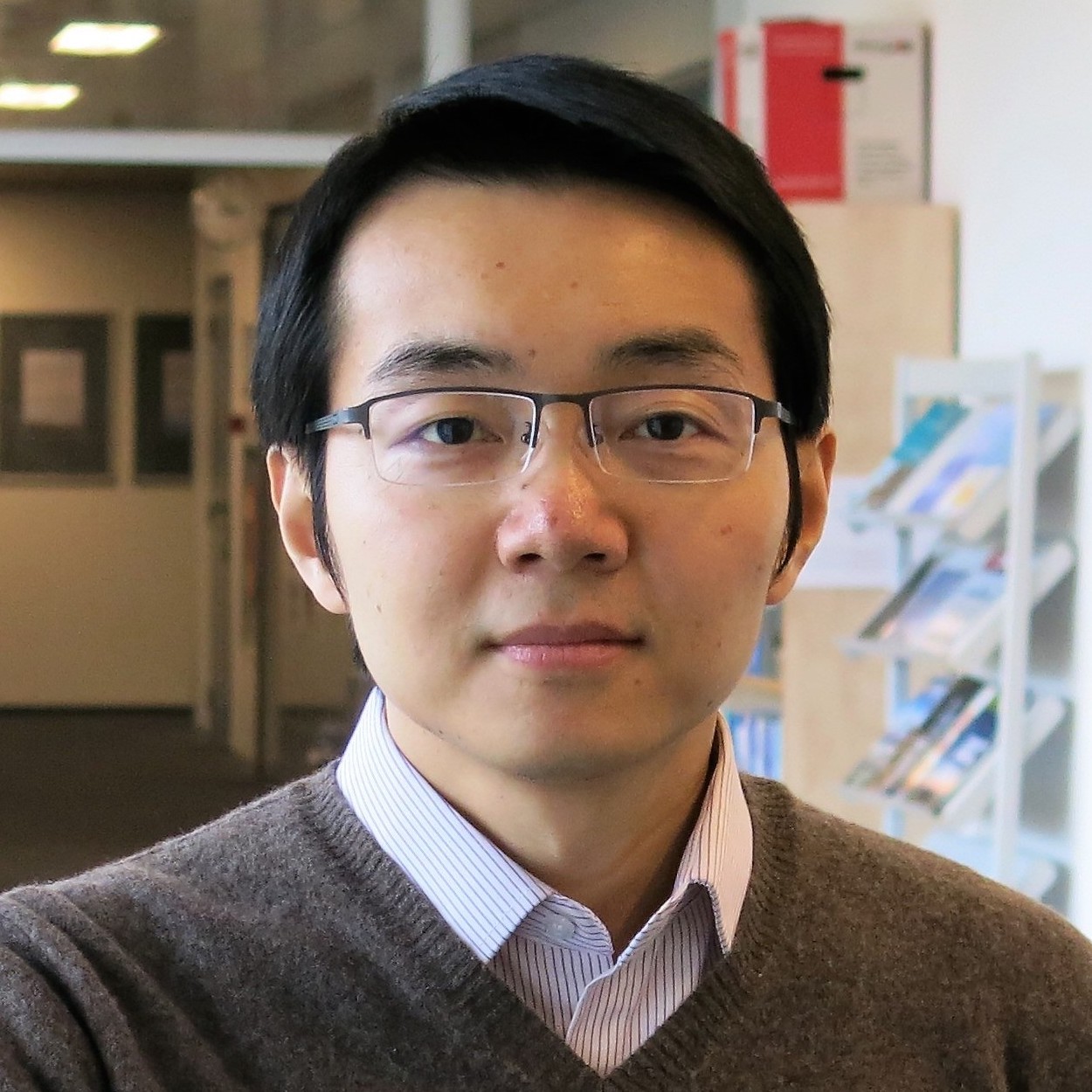
Open science is the future to make our community more sustainable, healthy and robust.


(I am motivated to join the Open Science Community Delft because open science) is the way of the future!

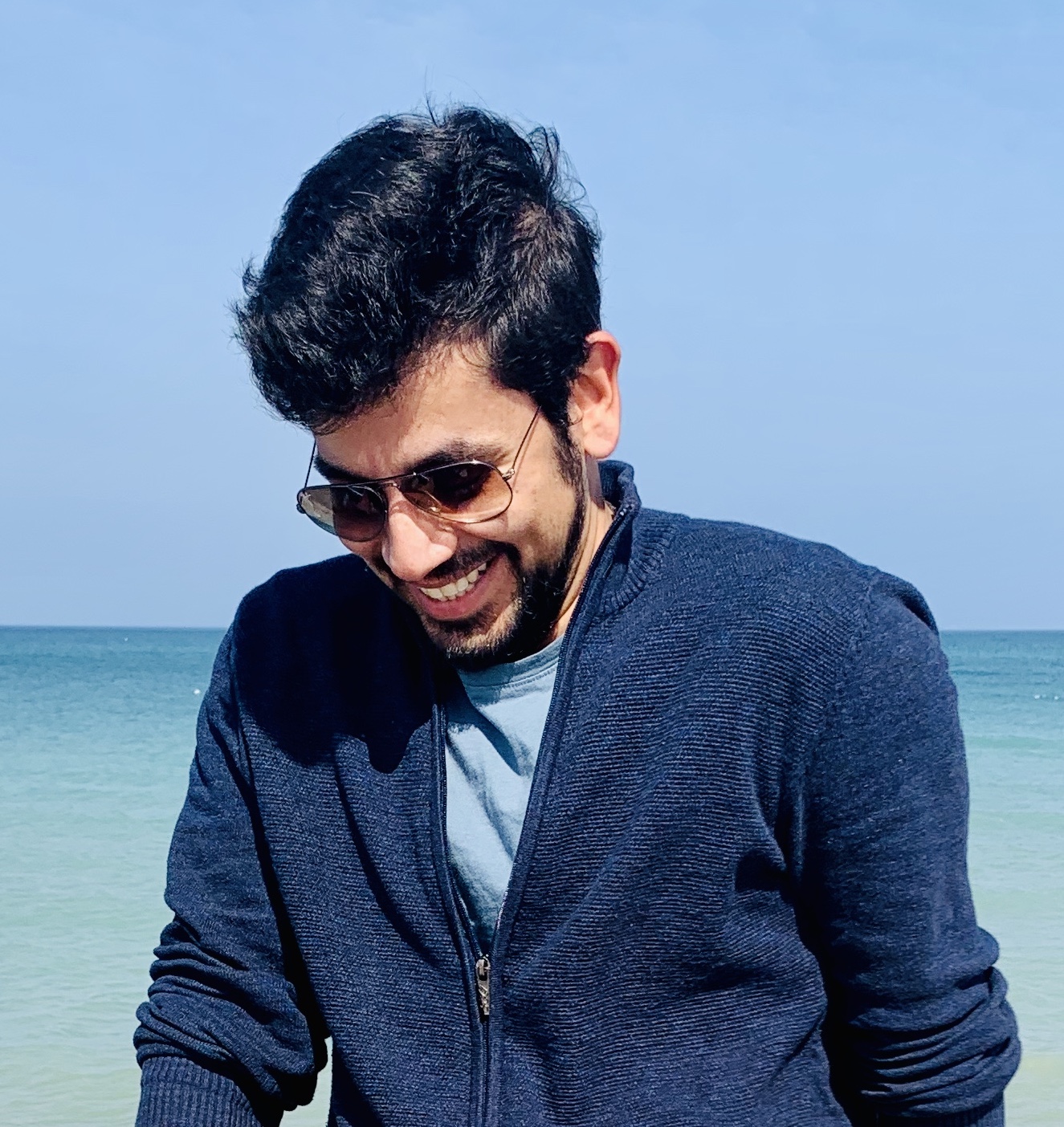
I want to support open, integrated and equitable use of data and tools for the benefit all peoples.
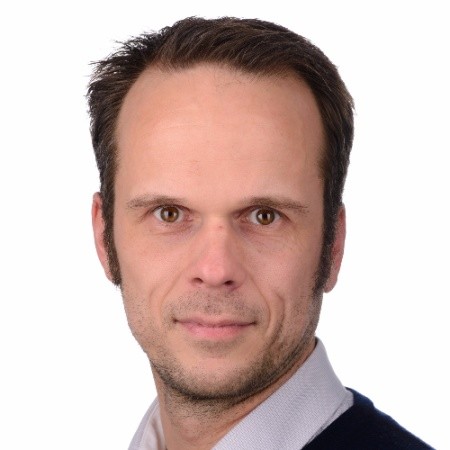
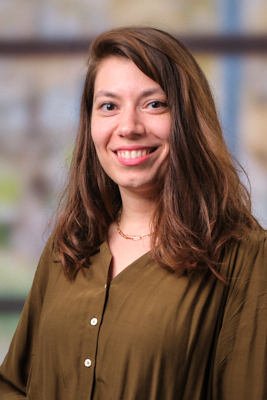
Non-Faculty
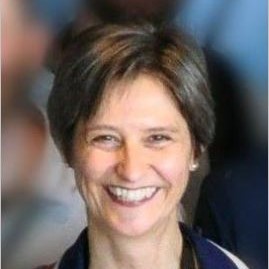
I would like to join forces with like-minded people to have more campus-wide impact. The Data Stewards rock!
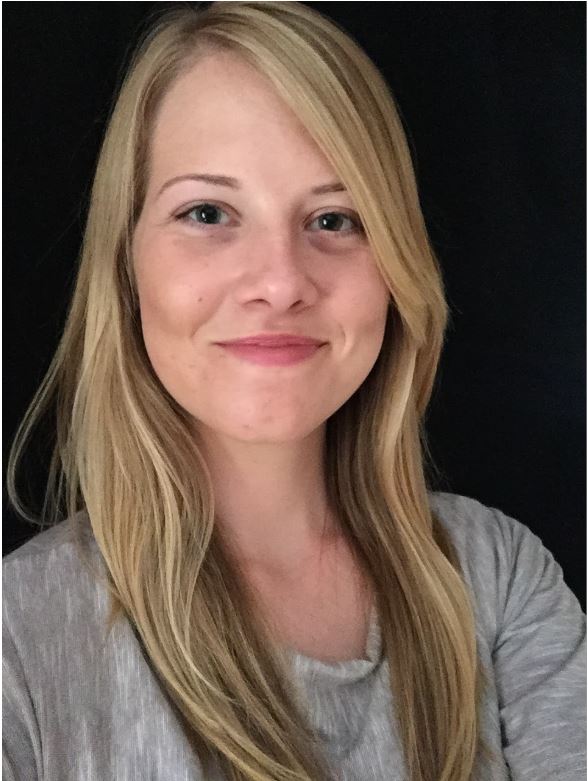
I am an advocate for Open Science and FAIR data, and want to continue learning about best practices for implementing these ideals in practice. I am a Data Manager with the TU Delft Library Research Data Services Team - excited to network with the community and learn more about how I can best serve researchers, staff + students!

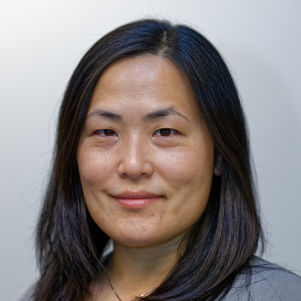
I’m motivated to make research more transparent and accessible, recognize and reward diverse types of research contribution
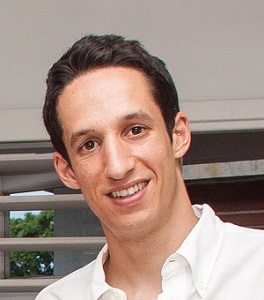
More about José Carlos Urra Llanusa
Contribute to society and enjoy that process on a daily basis. Be engaged in interesting and challenging projects where I can learn from others.
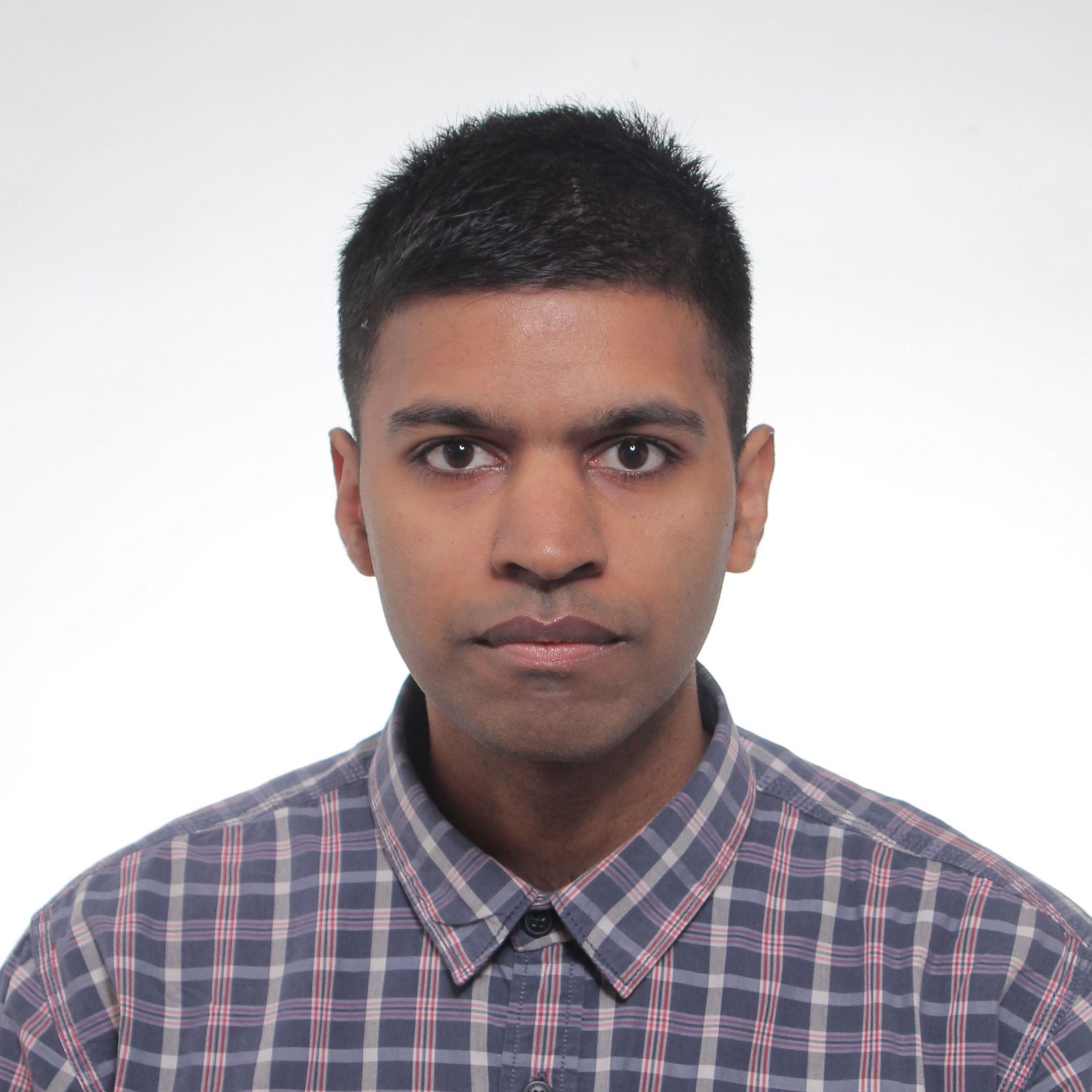
As a Research Software Engineer, I collaborate with the researchers to support them with the software side of their research by helping them learn and implement FAIR (Findable, Accessible, Interoperable, Reusable) software that leads to a high quality and reproducible research. I look forward to engaging with the community to share experiences on applying FAIR principles to research software to be able to better help the researchers, and any relevant opportunities to contribute to the same.
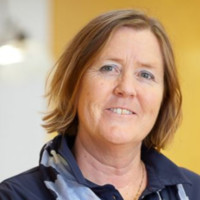
More about Meta Keijzer-de Ruijter
I am involved in setting up the Digital Competence Center support team
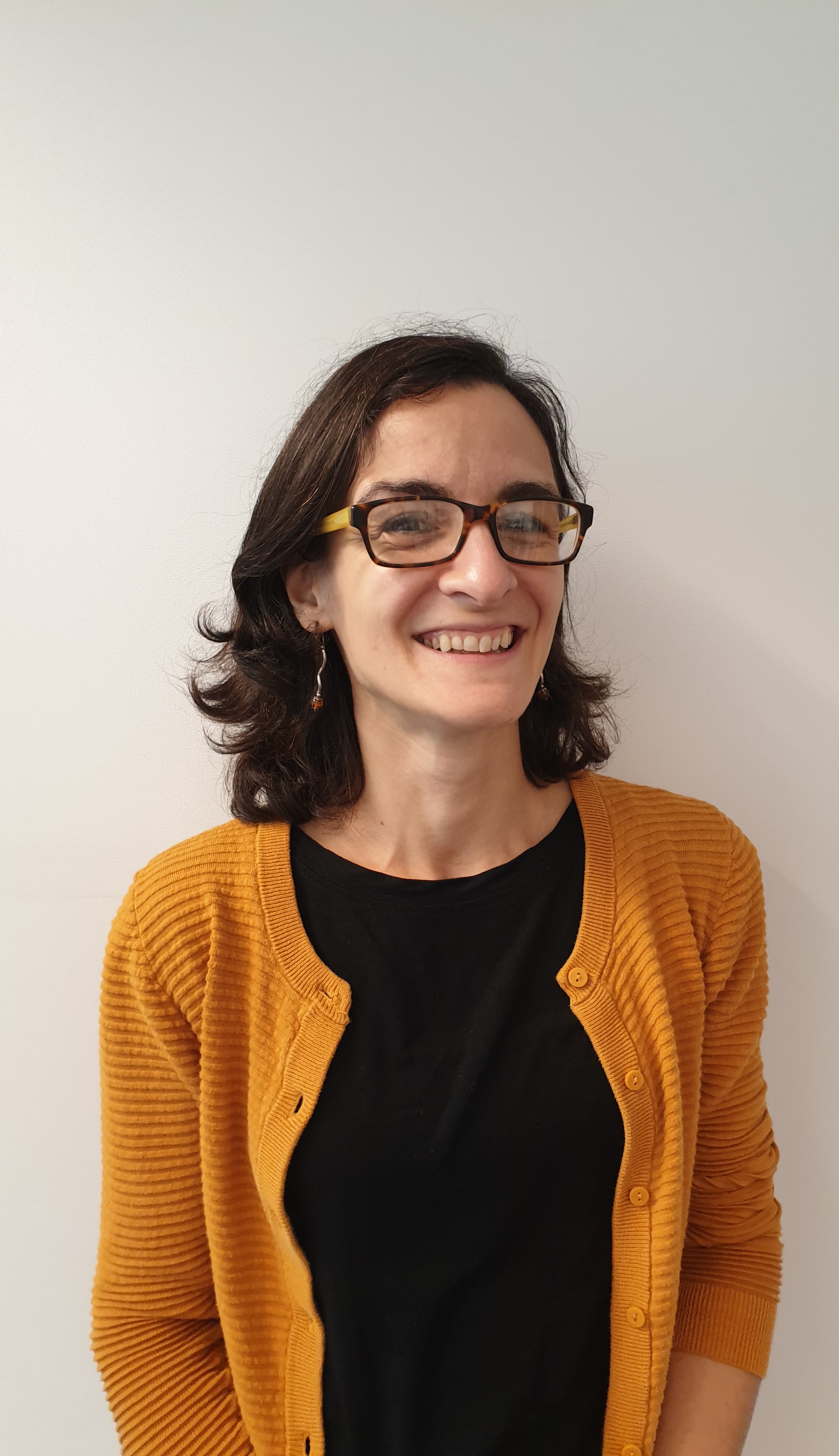
I strongly believe in a scientific community that is equitable and safe, where knowledge is transparently shared and research output is recognised and rewarded. I also would like to stay update with the latest development in Open Science so I can facilitate students and researchers to develop their opens science skills through trainings and courses.
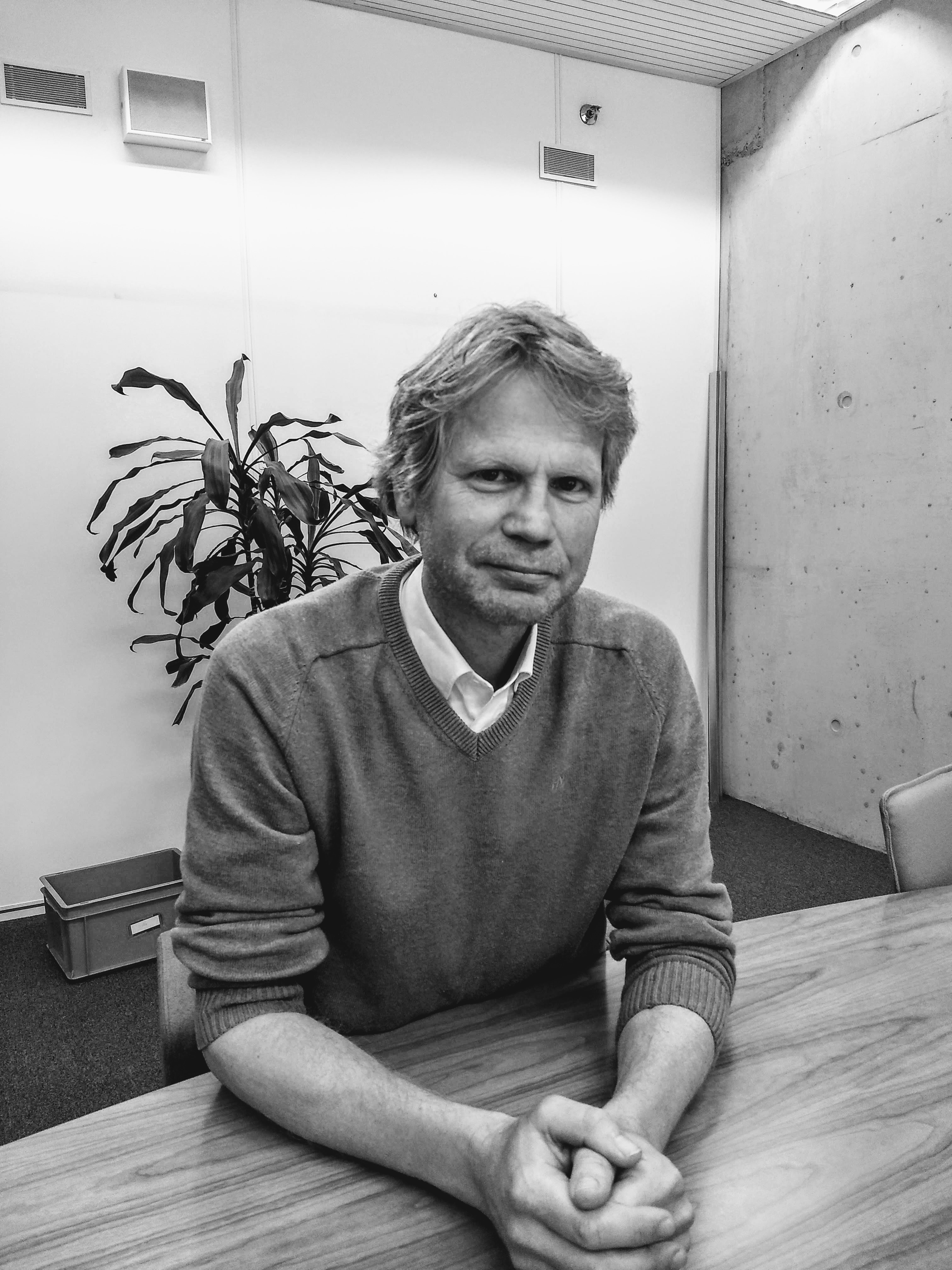
.jpg?raw=true)
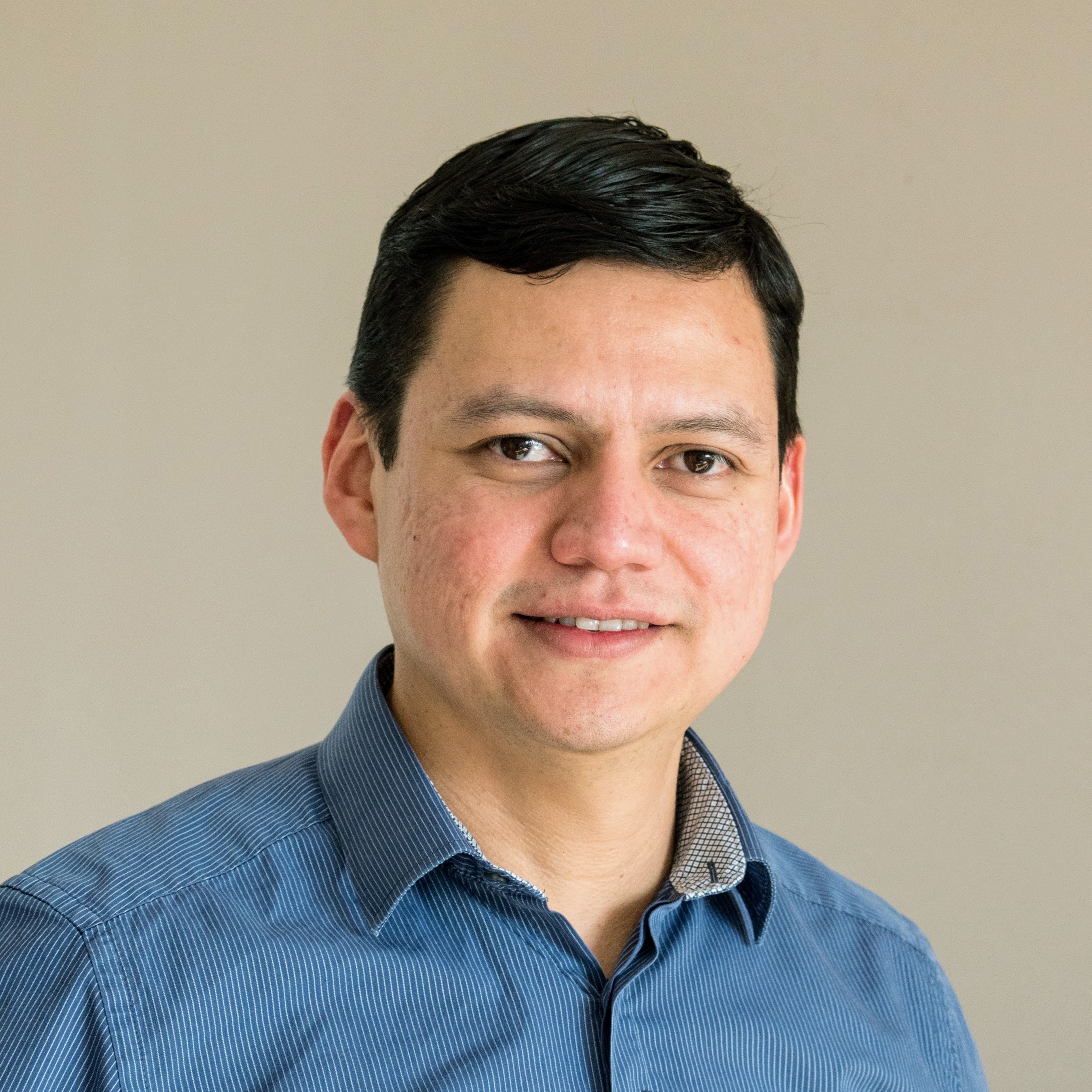
More about Manuel Garcia Alvarez
I believe access to scientific knowledge is key for the development of society
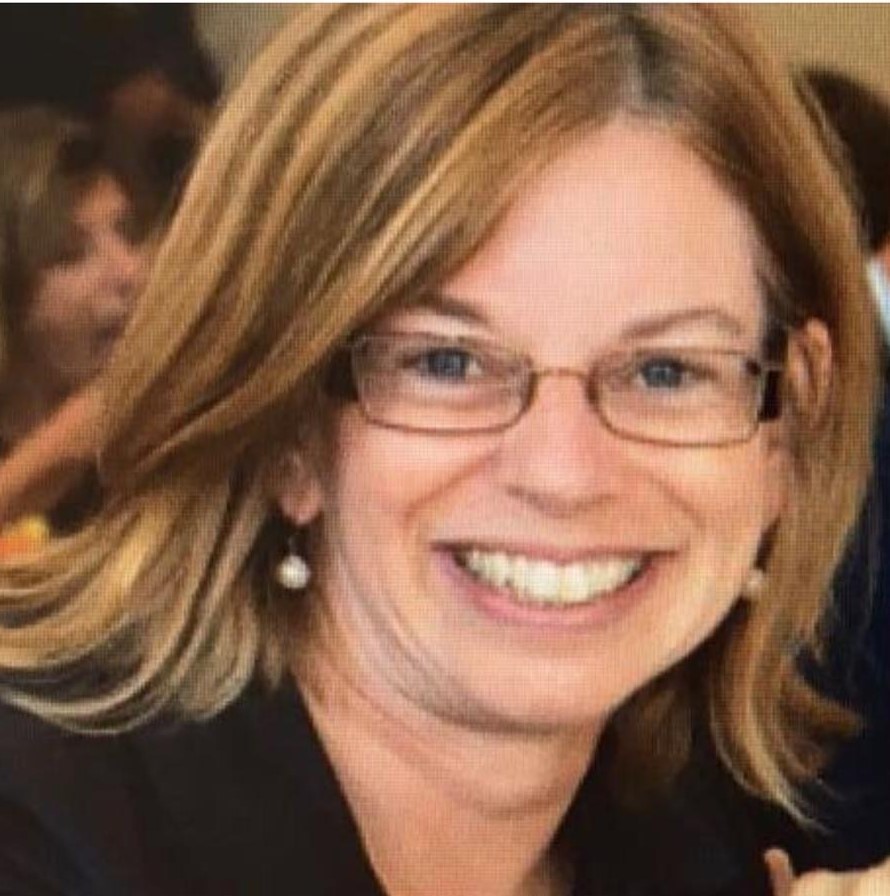

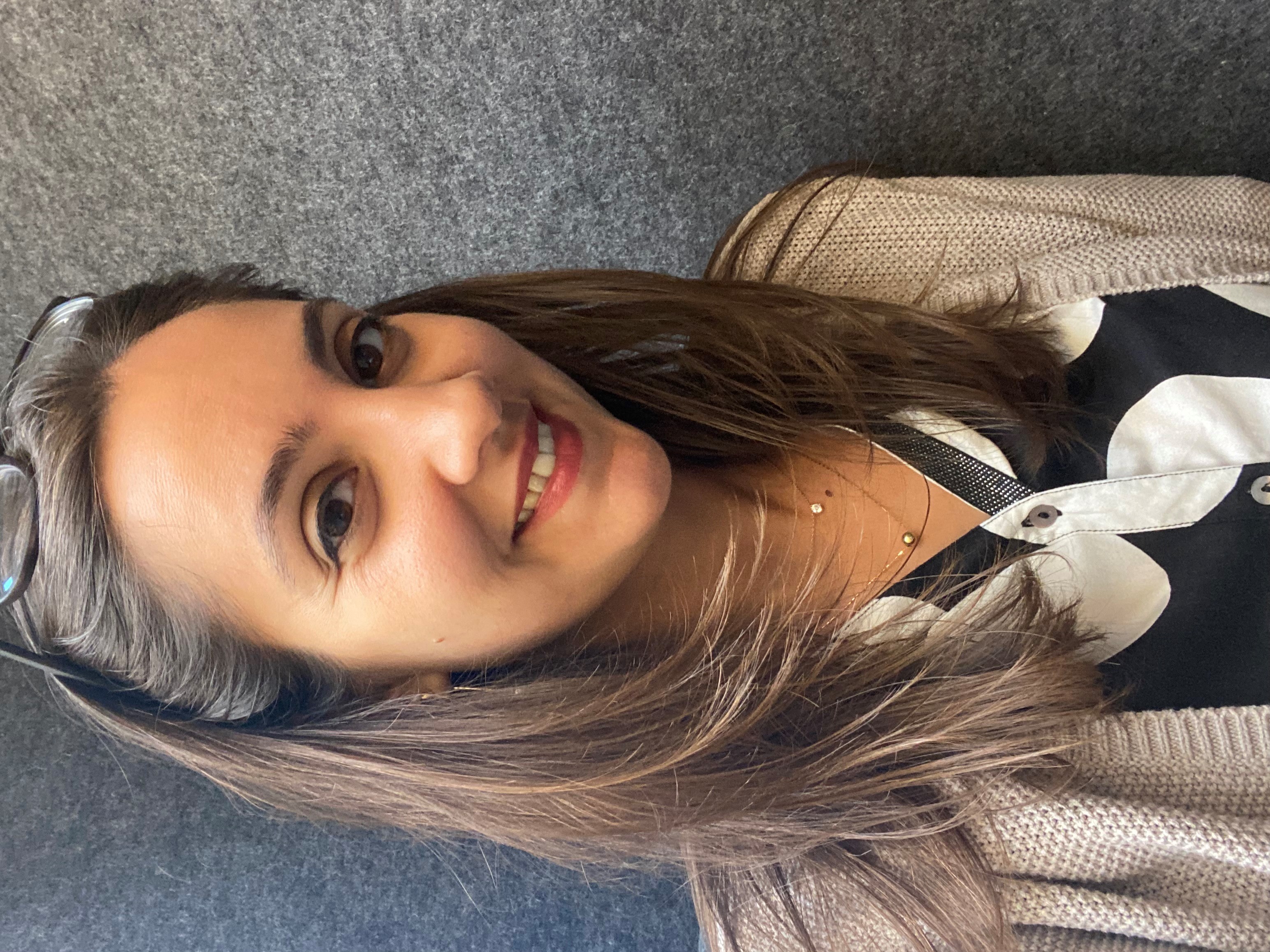
I believe Open Science should be the default scientific mode and would like to contribute towards the culture change that will make this a reality.
Alumni
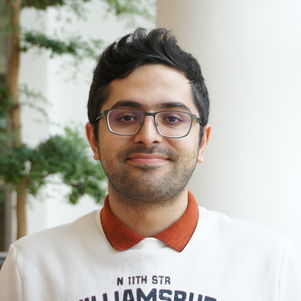
I believe one of the most important yet missing pieces in the current research landscape is data management. It facilitates and accelerates the research cycle by making the research activities findable, accessible, interoperable, and reusable (FAIR). Despite the significance of FAIR research, making a large university (with thousands of scholars and lots of ongoing research projects) fully FAIR at once might seem infeasible. That is why the role of data champion matters. They can smoothly bridge this gap by promoting data management practises among their colleagues. Besides the raising awareness, being a data champion provides the opportunity of learning about other or most recent data management techniques and practices. From a personal point of view, I am also very much interested in circulating data management tips among computational social scientists due to the recent tendency of both social scientists and scholars from hard disciplines to work on multidisciplinary projects.
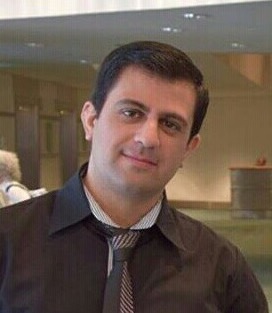
Becoming a data champion provides an opportunity to expand my professional network on the national and international levels to learn from other data scientists and researchers with different backgrounds and exchange our experiences for finding the best solutions for different data management challenges.
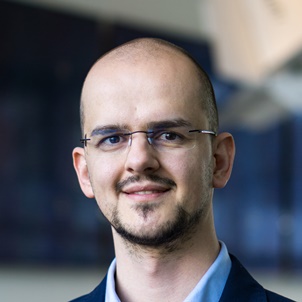
I am glad to witness the advent of a new era of openness in science. I was always supportive of the idea of open access, open data, and open education. I believe that open science has tremendous potential in bridging various research disciplines, enabling fast and systematic dissemination of research outputs, preserving data for future generations, ability to re-use (not inventing the wheel again), and equally importantly providing transparent means to tackle issues related to research integrity (e.g., open reviews, impartial replication and validation of results, etc.). I feel being among the first advocates of open data and open science at TU Delft can have meaningful impact not only on one’s own research and/or research group, but also on the entire research community in general.
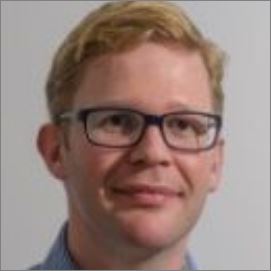
I’m very passionate about data provenance, software and data carpentry. I try to do this in my daily work and help those around me by being able to provide hands on experience and advice on version control for software development and data management. I can also support the TU wide strategies on these topics.
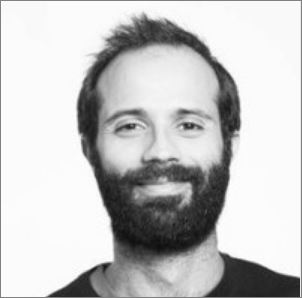
Data Management, in all its phases, is at the basis of scientific research and fundamental for good quality work. Data sharing and open access are practices which should be part of our research efforts.
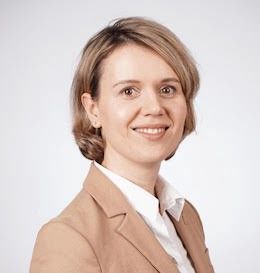
Programming languages C/C++, Fortran, Python, Pascal, CUDA, Matlab.
User of git (and GitLabs, GitHub), doxygen, PyCharm IDE and profiling tools.
Parallel programming, such as MPI, OpenMP, CUDA on GPUs.
There is no cookbook on how to manage your software, your data, your research and how to make sure others can build on top of your work. Therefore I believe that sharing my experiences and learning from each other is very valuable and it is a first step of building up the knowledge and the community.
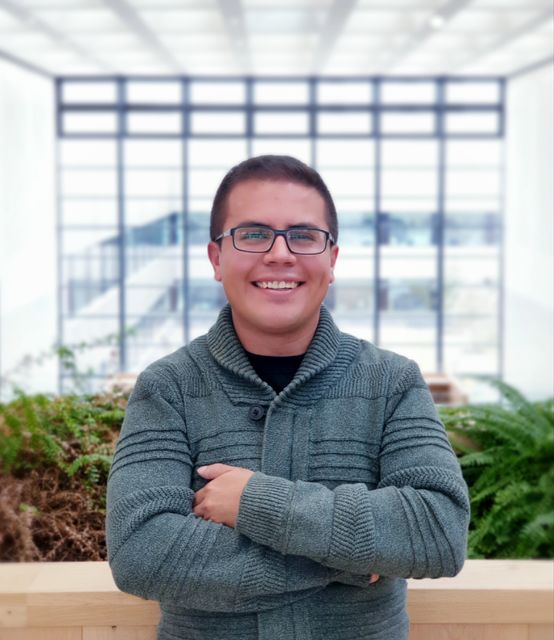
More about Dr. Raul Ortiz Merino
I generate and analyse big datasets, I have found myself in the position where I cannot easily find or replicate other people’s analyses and would like to make sure other people does not find those issues on the outcomes of my research.
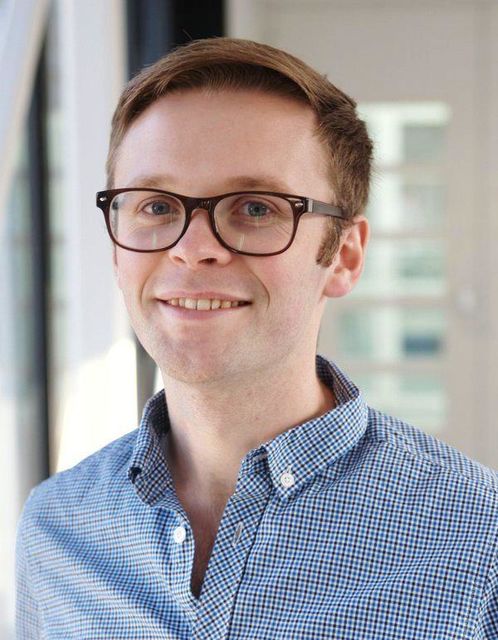
I am a keen advocate of open science, and having good data management practices (so that data is easily searchable, and is available in formats that do not require the use of proprietary tools) is an important aspect of open science.
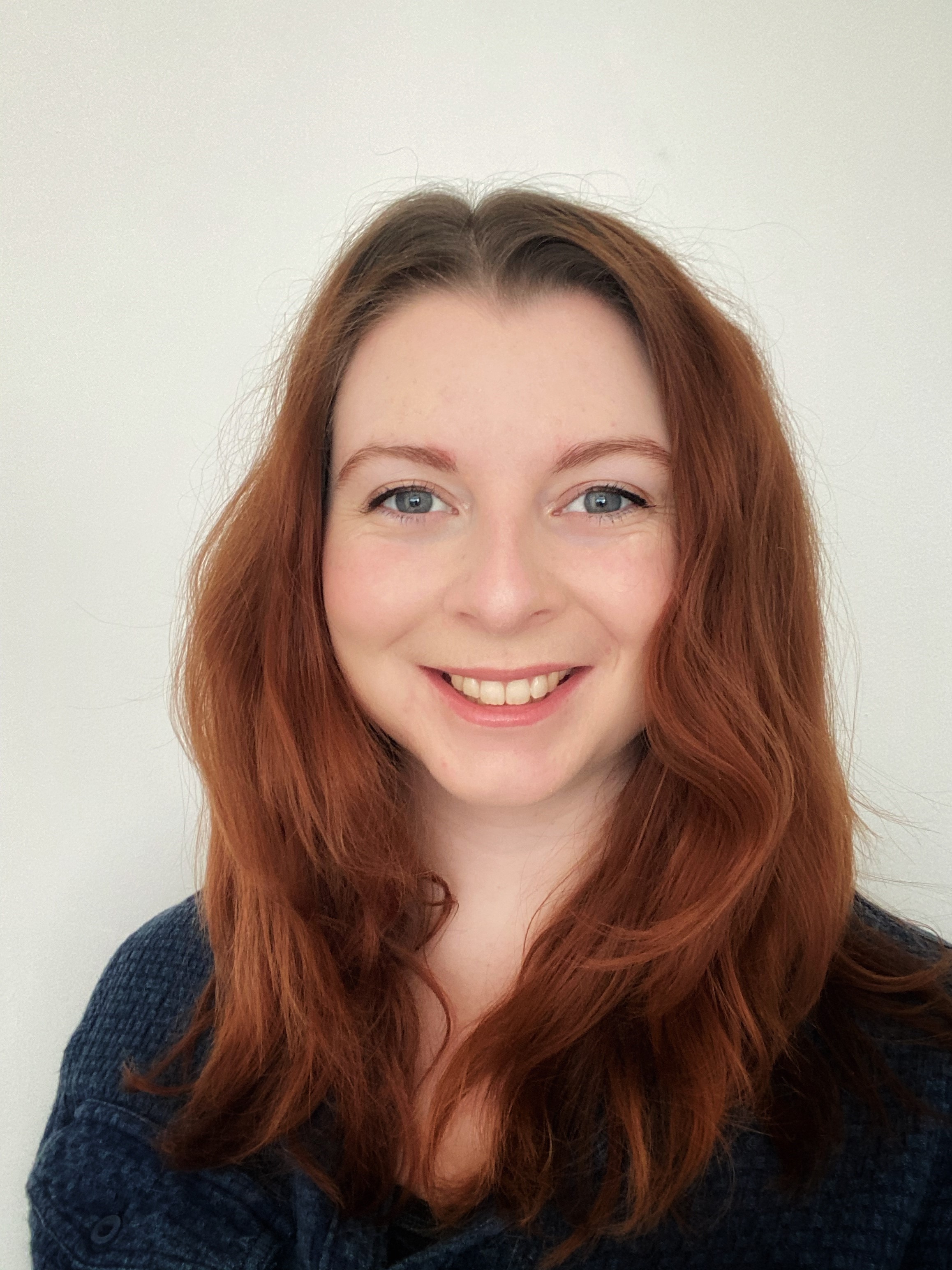
As an Open Science trainer it is important for me to stay on top of the development sin Open Science. I also believe that a big part of ‘open’ is creating a safe community for academics and researchers, and I would like to contribute to this (along with improving open skills of course!).
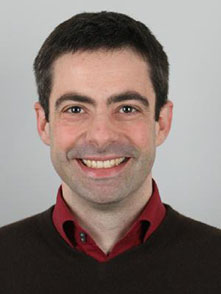
In my research project I ingest considerable volumes of information coming from diverse disciplines, combine them, and produce huge amounts of simulation data using high-performance computing devices. In managing these data and information I do affirm that questions of velocity, volume, veracity, voracity are hugely relevant at individual level well before talking of big data proper. Knowledge management has always been important for personal development. Nowadays this has also become vital to weather the challenges of the working and social environments. As a data champion at the Delft University of Technology I am always ready to engage in conversations and debates, and exchange stories of failures and successes together with my colleagues.
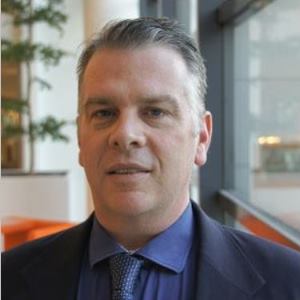
I believe in the importance of empirical research and open and transparent decision-making. I believe I can help increase awareness, and in particular support our students who correctly see data management as a critical job skill. I can incorporate materials in lectures, invite guest lectures, host and support blogging and social media. I can disseminate interesting data sets and recipes for research.
